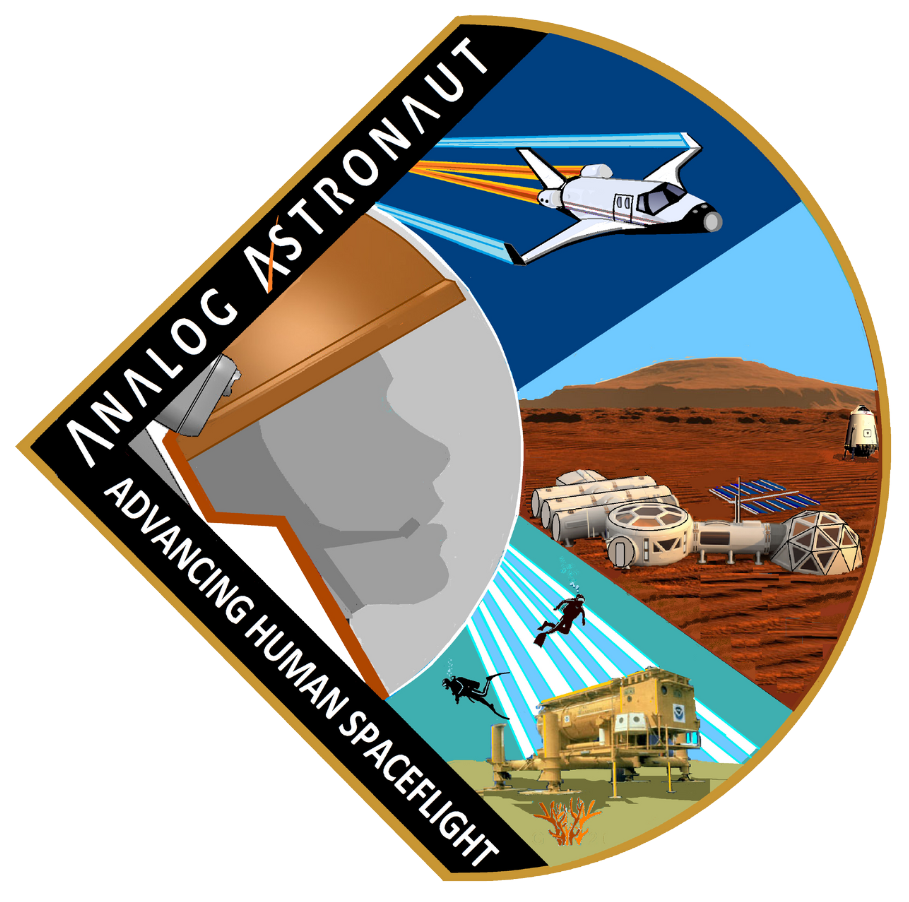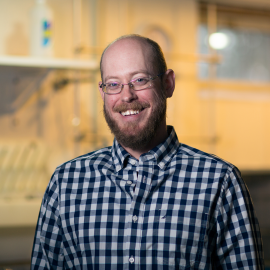
COLIN A
LENNOX
Presenter Bio:
Colin Lennox is the Subject Matter Expert and CEO of EcoIslands LLC based in Altoona, PA. As a biofilm technologist and specialist in wetland reclamation and cycling, Colin builds, installs, maintains, and studies biogeochemical interactions that clean up coal mine influenced waters. For ArcologyX, he serves as the primary environmental cycling specialist, focusing on biological life support systems (BLSS). His expertise in creating sustainable ecosystems bridges Earth-based environmental restoration with technologies essential for off-world habitation.
Session Title:
Terrestrial Arcologies as a Test Bed for Space Analogue Components, and Introduction to ArcologyX and Their Research
Session Description:
ArcologyX, a collaborative of scientists dedicated to building habitats for climate resilience, has constructed their first analog habitat featuring four primary novel components developed in-house. Colin will introduce these groundbreaking systems: self-organizing wetland bioreactors (SOWBs), cube octahedral supports, 3D printed plant structures, and the innovative GaiaOS 1.0 operating system. The presentation demonstrates how these components function together as the bones, guts, lungs, and brain of a terrestrial biological life support system (BLSS) that is both scalable and responsive. Attendees will explore how studying the interactions of these components forms essential knowledge for permanent habitation beyond Earth's surface, offering crucial insights for future analog habitat design and life support systems.
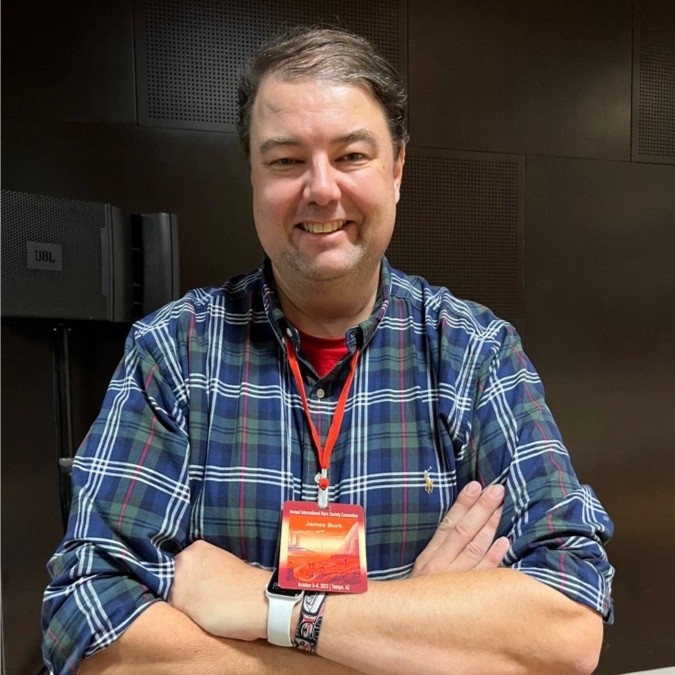
JAMES
BURK
Presenter Bio:
James Burk is the Executive Director of the Mars Society and leads the establishment of the Mars Technology Institute. His responsibilities include managing the Mars Desert Research Station (MDRS) in Utah and the Flashline Mars Arctic Research Station (FMARS) in Canada, both critical facilities for Mars analog research. James commanded Transatlantic MDRS Crew 261, a notable mission in analog astronautics featured on CBS and Northwest Aerospace News Magazine. With a background as a Microsoft engineer and technical project director, he brings extensive technological expertise and a deep passion for advancing space exploration through practical research and innovation.
Session Title:
Frontiers in Mars Analogs - Insights from the Mars Society's Twin Analog Stations
Session Description:
James highlights the Mars Society's groundbreaking work at its two premier analog research facilities: the Mars Desert Research Station (MDRS) and Flashline Mars Arctic Research Station (FMARS). These programs explore innovative approaches to addressing the human factors challenges of living and working on Mars, including team dynamics, psychological resilience, and operational efficiency. With a focus on exploration-over-isolation methodology, the analog stations prioritize immersive, collaborative practices to simulate realistic mission scenarios. Key projects include the EVALink mesh data hardware, which enhances situational awareness and revolutionizes real-time communication and data sharing, and the MarsVR project, which creates digital twins of the stations for immersive mission simulations and advanced crew training. Additionally, James will discuss the Mars Society's progress in developing groundbreaking closed-loop life support systems, essential for sustainable living on the Red Planet.
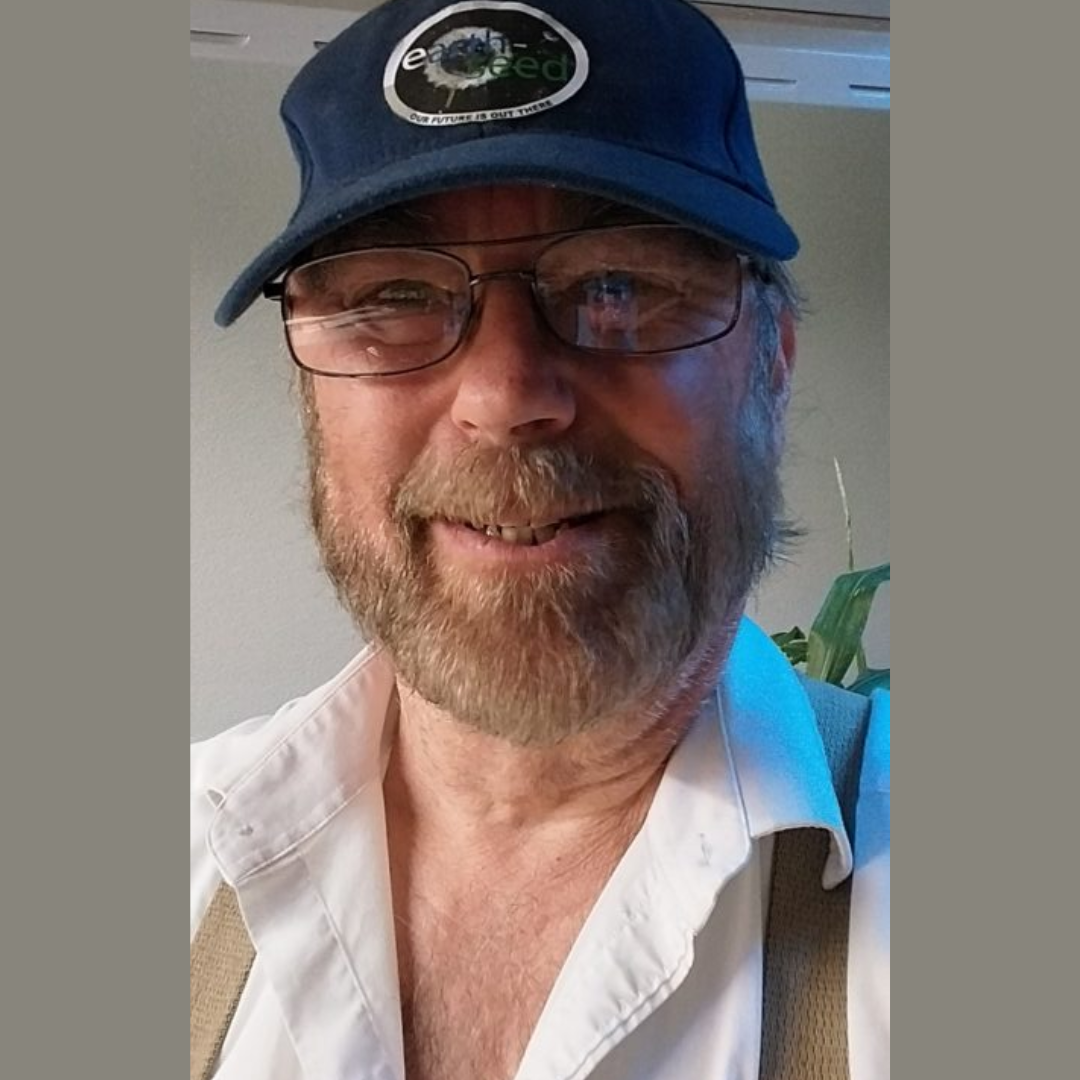
DONALD
JACQUES
Presenter Bio:
Donald Jacques has been an avid space enthusiast since watching Apollo 11 land on the moon. His diverse background includes service in the USAF as a loadmaster and electrician for Civil Engineering, 20 years as a computer programmer, 10 years as a ballroom dance instructor, and currently operating a handyman service in Phoenix, Arizona. As a regular volunteer at Mars Desert Research Station (MDRS) and participant as an analog astronaut in MDRS mission 286, Donald brings practical experience to his role as Chief Scientist at EarthSeed, Inc. There, he develops ecological living systems for space habitat applications, most recently embodied in the Mobile Analog Space Habitat where he has lived full-time for two years while implementing continuous improvements.
Session Title:
Paradigm Shift - Incorporating Selected Insects to Convert Wastes into Nutrients for Transfer into Food Systems both On and Off of Earth
Session Description:
While current global research seeks technological solutions to human habitation challenges in confined off-world spaces, Donald Jacques proposes looking to Earth's natural systems for answers. Drawing on biological observations, this session presents a framework of living creatures capable of processing waste materials while producing biologically rich substrate that, when added to regolith, can build a solid foundation for sustainable food production. The presentation demonstrates how natural ecosystems have for eons successfully recycled air, water, and nutrients through diverse species interactions, offering ready-made solutions for space habitation challenges with minimal resource inputs. Attendees will discover how incorporating these "powerhouse creatures" into space habitats can significantly contribute to human wellbeing with remarkable efficiency.
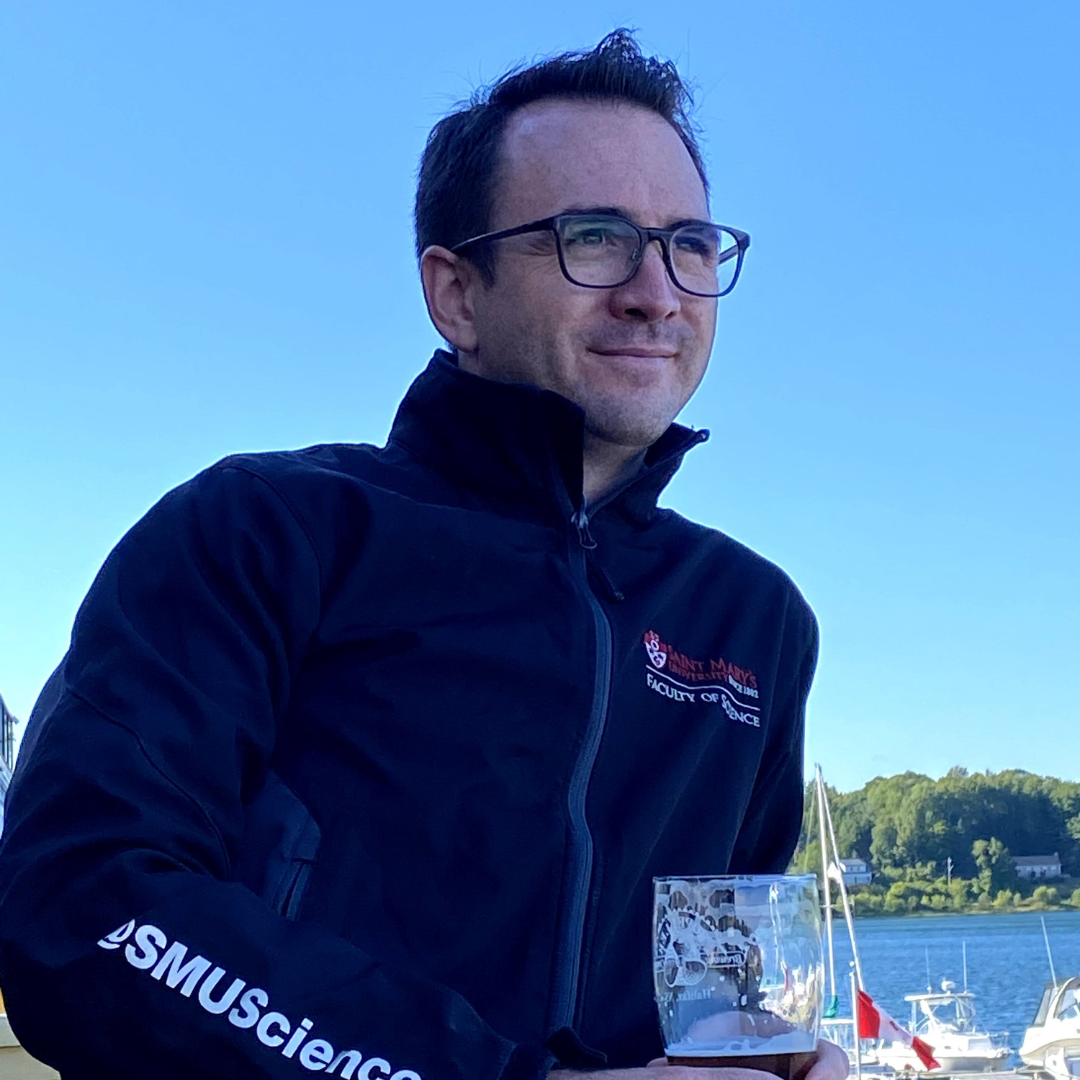
JOHN
READ
Presenter Bio:
John Read discovered his passion for astronomy in his late twenties after viewing Saturn through a $13 telescope from a local pharmacy. This transformative experience led him to quit his job in the Fortune 500 sector to become a full-time astrophysics student, author, and father of three. Currently serving as director of the Abbey Ridge Observatory, John holds the #1 best-selling astronomy book spot on Amazon and is pursuing graduate studies at Johns Hopkins University. His remarkable career transition and publishing success make him uniquely qualified to guide others in science communication and publishing.
Session Title:
How to Write and Publish Best Selling Space Books
Session Description:
In this practical session, best-selling author John A. Read (with 19 published books) shares his expertise on writing and publishing successful space-themed books. John breaks down the often challenging publishing journey, revealing that while writing is relatively straightforward, selling books requires strategic knowledge and persistence. Attendees will learn about John's personal writing process, career journey, publishing successes and failures, and gain actionable insights into securing an agent, landing major publishing deals, effective marketing techniques, and maximizing sales. This session offers valuable guidance for researchers, scientists, and space enthusiasts looking to share their knowledge through published works and reach broader audiences.
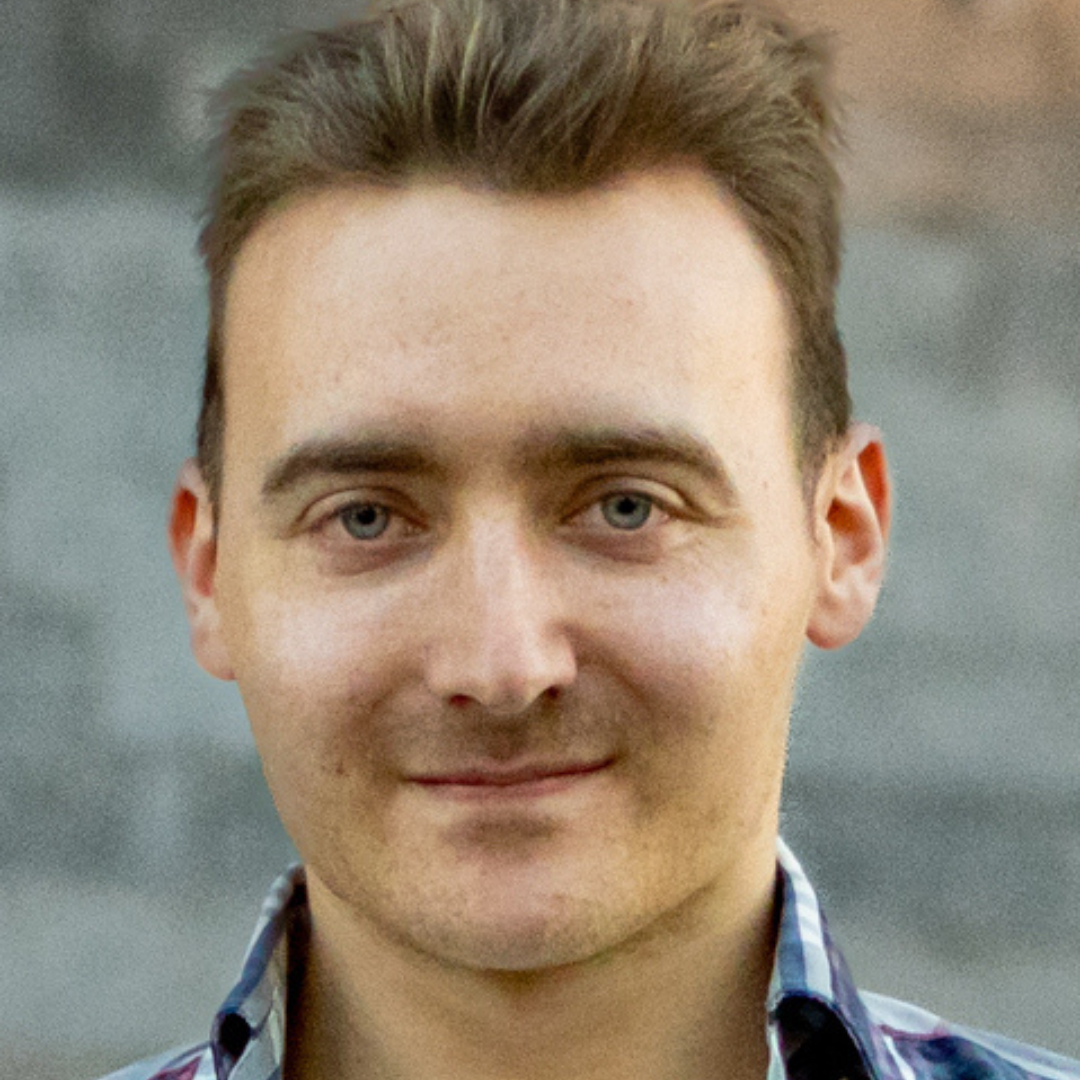
MIKOŁAJ
ZAWADZKI
Presenter Bio:
Mikołaj Zawadzki co-leads the RAF-Analog Space Mission project, which successfully implemented the world's first temporary analog space base on a post-mining heap. Holding both Bachelor's and Master's degrees in geophysics from the University of Warsaw's Faculty of Physics, he is currently pursuing a PhD focused on water extraction on Mars. Mikołaj also serves as principal investigator for a research project funded by the Polish Ministry of Science, studying magnetic anomalies caused by meteorite impacts in craters across Europe. His future plans include developing another analog space base in an underground mine environment in Lower Silesia, Poland, further expanding the diversity of analog research environments.
Session Title:
RAF - Analog Space Mission - The First Analog Space Base on Mining Heaps
Session Description:
This presentation details the innovative RAF-Analog Space Mission, which transformed a post-mining coal heap in Bytom into an analog space base for ten days. The mission team—comprised of astronomy student Natalia Godlewska (co-leader), physics student Norbert Niescior, and biotechnology student Piotr Lorek—conducted diverse scientific studies while living in a specially designed mobile base. The facility consisted of a camper (living quarters) and delivery van (scientific laboratory) connected by an airlock, creating a controlled environment of approximately 30 square meters that simulated Martian conditions. Following strict protocols, participants left the base only in space suits to maintain the Mars simulation. Mikołaj will explain how this unique setting enabled the team to experience and adapt to the challenges of life on Mars while conducting valuable geophysical, geological, psychological, and astrobiological research in an unprecedented analog environment.
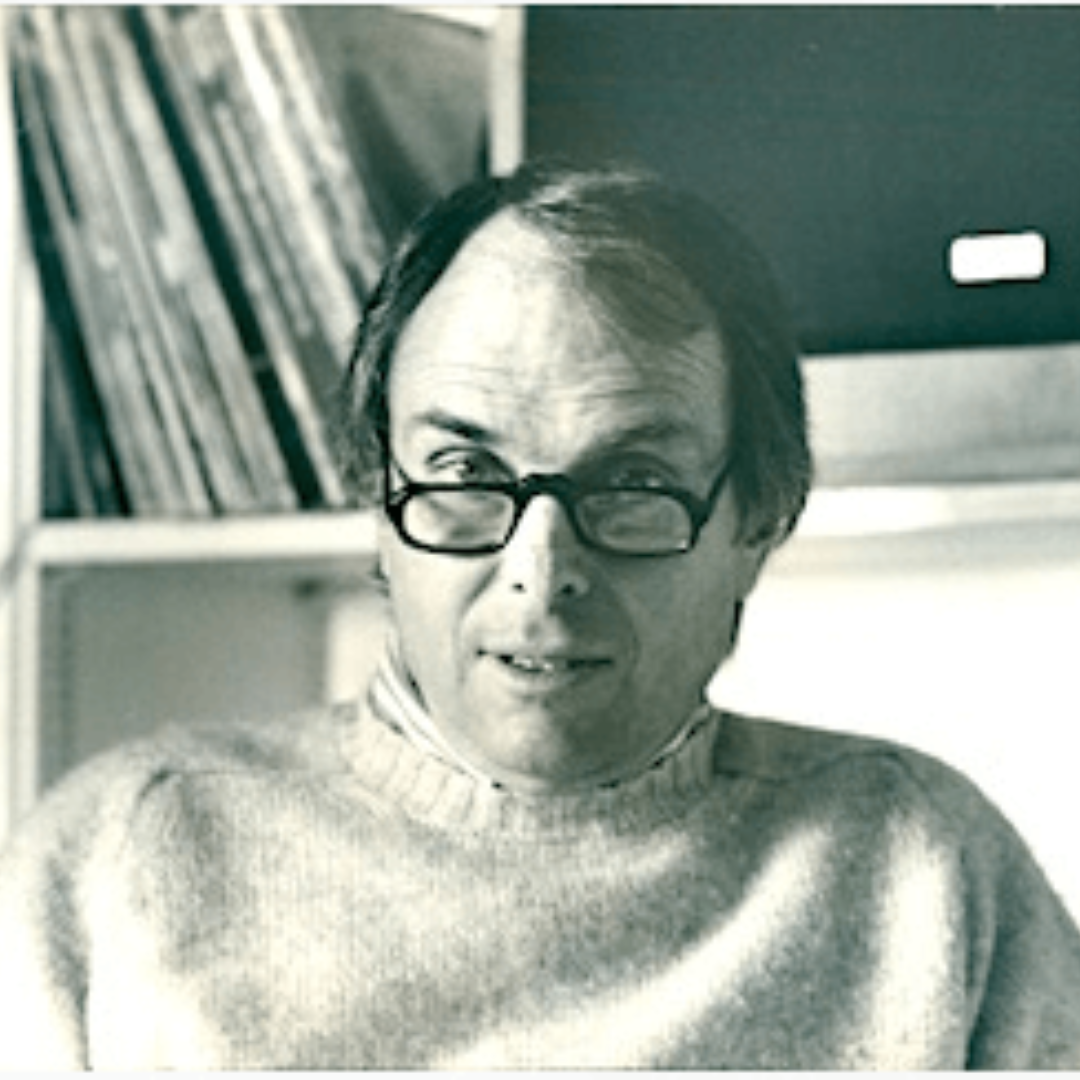
MICHAEL
MURPHY
Presenter Bio:
Michael Murphy is a PhD candidate at the University of Oxford studying how extreme journeys transform people's concepts of identity and self-construction. His research integrates anthropology and migration studies, working with both analog and flown astronauts to answer the profound question: "Who are we when we are no longer Earthlings?" Michael also serves as a research lead in the UK-based Space Health Research organization, having gained practical experience as a mission control officer in the Meili-I analog mission and now as an analog astronaut in the Meili-II analog mission. This dual academic-practitioner perspective informs his unique approach to understanding human adaptation to extreme environments.
Session Title:
No Longer Earthlings: Studying the Impacts of Extreme Journeys on Personal Identity
Session Description:
This session explores innovative methodologies for understanding how astronaut identity construction and subjectivity change when individuals are removed from their community, territory, and planet and placed in extreme environments. Drawing from migration anthropology techniques, Michael will demonstrate applications of photovoice, participant journaling, and collaborative filmmaking in addressing fundamental questions about humanity's self-conception beyond Earth. Attendees will gain insights into these research approaches and their implications for preparing humans psychologically for long-duration space missions, with particular focus on maintaining psychological resilience and meaningful human identity in isolated, confined, and extreme environments.
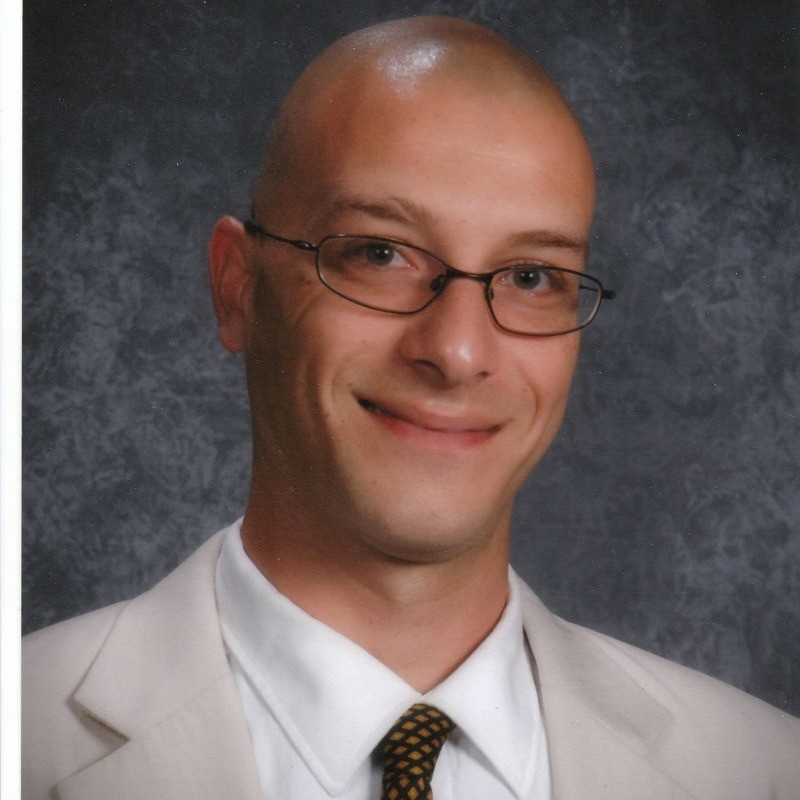
KARIM
NAHABET
Presenter Bio:
Karim Nahabet brings a diverse international background and interdisciplinary education to his work in analog astronautics. Born in Boston to Egyptian-English parents, Karim studied Electrical Engineering at Concordia University and New Mexico State University with a minor in Aerospace Engineering. His unique educational journey includes a MA in Consciousness and Human Potential from Maharishi International University and certification as an instructor of the Transcendental Meditation technique. Karim further enhanced his technical credentials with an MS in Systems Engineering from Embry-Riddle Aeronautical University, earning outstanding recognition and completing graduate certificates in Human Factors Engineering and Space Operations. His practical analog mission experience includes serving as executive officer for a two-week mission at the LunAres station in Poland.
Session Title:
AA Human Performance and Resilience: AstroMeditation
Session Description:
This evidence-based session presents current research on developing human performance, adaptability, resilience, and mind-body coordination using meditation techniques, with specific focus on Transcendental Meditation (TM). Karim will explore TM's origins, operational mechanisms, reported benefits, reliability, and practical application methods. The presentation provides data-supported descriptions of individual performance improvements and effective benefits for group cohesion and coherence. By examining meditation as a practical tool for astronaut preparation and in-mission resilience, attendees will gain insights into how these techniques can enhance both individual and team performance during the extreme conditions of space missions. The session includes a comprehensive PowerPoint presentation followed by Q&A, providing practical knowledge that participants can apply to their own analog mission preparation.
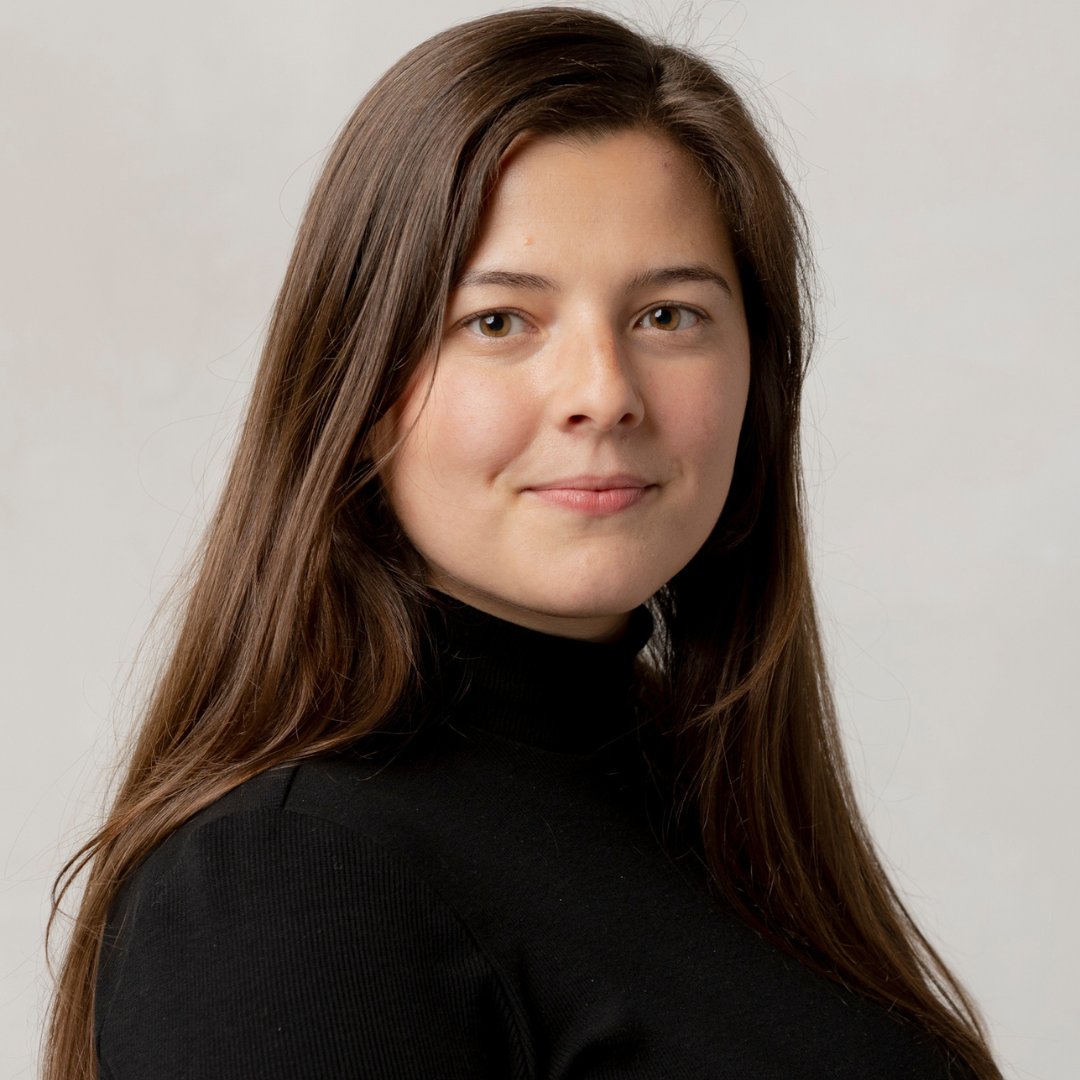
CASSANDRA
KLOS
Presenter Bio:
Cassandra Klos is a photographer, curator, and four-time analog astronaut whose visual project "Mars on Earth" has documented the history, humans, and robots within analog and simulation science since 2015. Her diverse analog mission experience includes serving as artist-in-residence at the Mars Desert Research Station (2015-2017), leading the first all-artist crew as Commander of Crew 181, working as crew journalist for the Selene II mission at HI-SEAS, and commanding the inaugural mission at the SAM Habitat in Arizona built on the Biosphere 2 site. Her work has been published in prestigious outlets including Smithsonian Magazine, National Geographic, TIME, Wired, The New York Times, and The Economist. Cassandra is also a 2025 WBA Candidate and a NASA Solar System Ambassador.
Session Title:
The Art of an Analog / The Mars on Earth Series
Session Description:
This session examines the evolution of analog research through the lens of Cassandra Klos's decade-long "Mars on Earth" photography project. The presentation showcases imagery that captures pivotal moments in analog mission experiences, from the early days when rovers dominated planetary travel discussions and Elon Musk was just beginning his space ventures, to the current expanded state of analog science. Through stunning visuals, Cassandra provides both a historical documentation of analog mission development and artistic interpretation of the human experience in simulated space environments. The talk also explores the broader tradition of imagery in exploratory science, from Frank Hurley's glass plates to astronaut documentation aboard the ISS, revealing how visual documentation enhances scientific understanding while offering deeper insights into the human effort to explore, participate, and collaborate in space exploration.
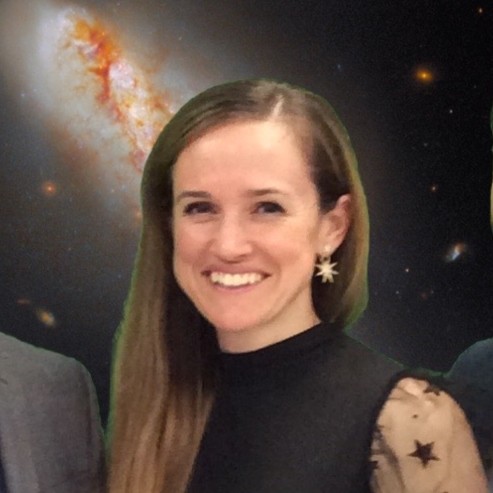
LUCIA
WHITE
Presenter Bio:
Major Lucia White is an active duty US Space Force officer currently teaching in the Biology Department at the US Air Force Academy. With a Master of Science in Botany specializing in astrobotany, she is working toward her PhD in Bioastronautics from the University of Colorado Boulder. Maj White's unique position at the intersection of military space operations and biological sciences allows her to bridge theoretical research with practical applications for future space missions. Her work represents the growing interest in biological life support systems within both military and civilian space programs.
Session Title:
Astrobotany and the US Space Force
Session Description:
This presentation details cutting-edge astrobotany research conducted at the US Air Force Academy through their parabolic flight program and upcoming research initiatives through DoD STEM Outreach and the Space Test Program. Maj White will showcase work with Wisconsin Fast Plants (Rapid cycling Brassica rapa), which have a flowering time of only ~2 weeks, making them ideal organisms for analog missions. Attendees will learn about experimental design for plant growth in variable gravity conditions, practical applications for life support systems, and opportunities for collaboration between military and civilian space biology research. The session highlights the important role of plant biology in supporting long-duration human presence beyond Earth and its practical applications for analog mission research.
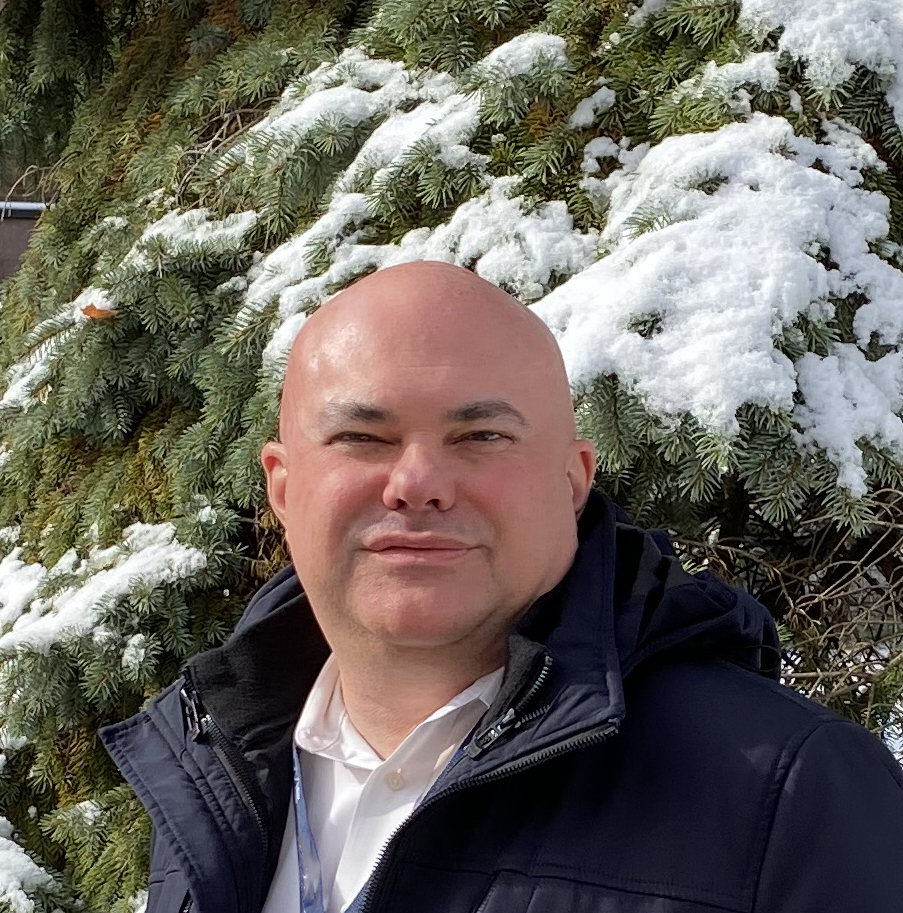
KENT
NEBERGALL
Presenter Bio:
Kent Nebergall chairs the Mars Society steering committee and brings extensive analog astronaut experience to his work. His Mars Desert Research Station participation includes serving as astronomer for Crew 32 (2004), commander of Crew 124, and assisting with the first crew to build the MDRS Science Dome. Kent's design expertise has earned him multiple prestigious awards: the Kepler Prize for Mars Mission Design (2004), the Mars Sample Return prize (2008), and most recently NASA's Find Me on the Moon - Shackleton Crater design competition (January 2025). As founder of MacroInvent.com, he promotes space settlement projects and provides educational resources for aspiring inventors and entrepreneurs. Kent also serves as "Director for Astronaut Experience" at Archipelago Space Research, focusing on EVA-Link and related systems for safety in harsh environments.
Session Title:
Analogs as Accelerators
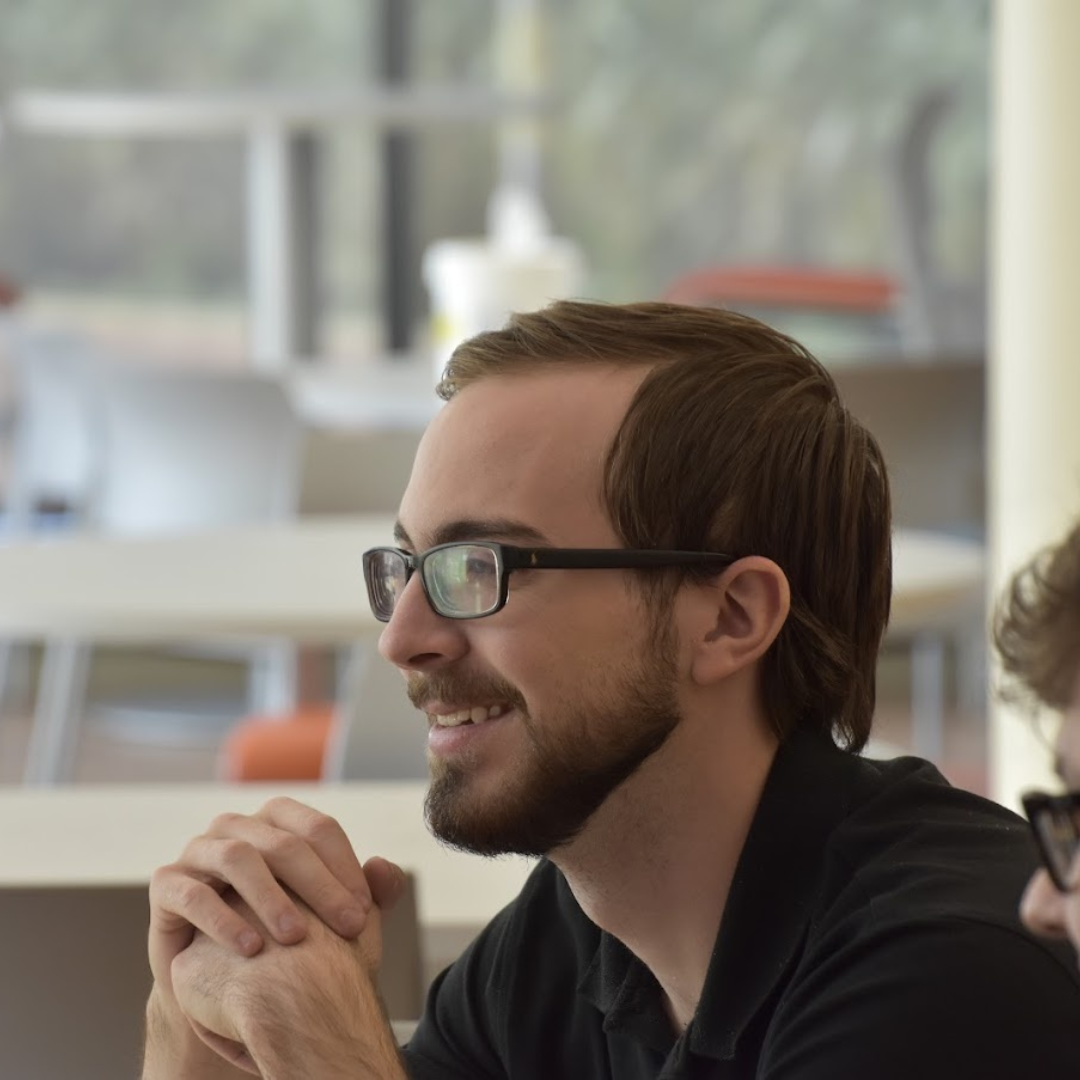
GRIFFIN
HENTZEN
Presenter Bio:
Griffin Hentzen serves as a Design Engineer and Fabricator at the Space Analog for Moon and Mars (SAM) at Biosphere 2, where he focuses on designing and fabricating their CO2 removal system. With a Bachelor of Science in Mechanical Engineering from Purdue University, Griffin brings valuable industry experience from his previous work at Sierra Space, where he contributed to CO2 and trace contaminant removal systems and upper stage engine development. His specialized knowledge in environmental control systems for analog habitats represents an essential aspect of creating realistic and functional simulation environments for future space missions.
Session Title:
Design and Operation of SAM's CO2 Scrubber, and Implications for Future Analogs
Session Description:
This presentation provides a surface-level overview of SAM's (Space Analog for Moon and Mars) CO2 scrubber, including process walkthrough, research potential, and system capabilities. Griffin will discuss the implications of designing complex systems for analog facilities and how these systems necessarily differ from their flight-rated counterparts. Attendees will gain insights into the engineering challenges, design compromises, and operational considerations that shape life support systems in terrestrial analogs. The session offers practical knowledge for analog habitat designers, operators, and researchers interested in creating more realistic environmental control systems that balance simulation fidelity with practical constraints and research objectives.
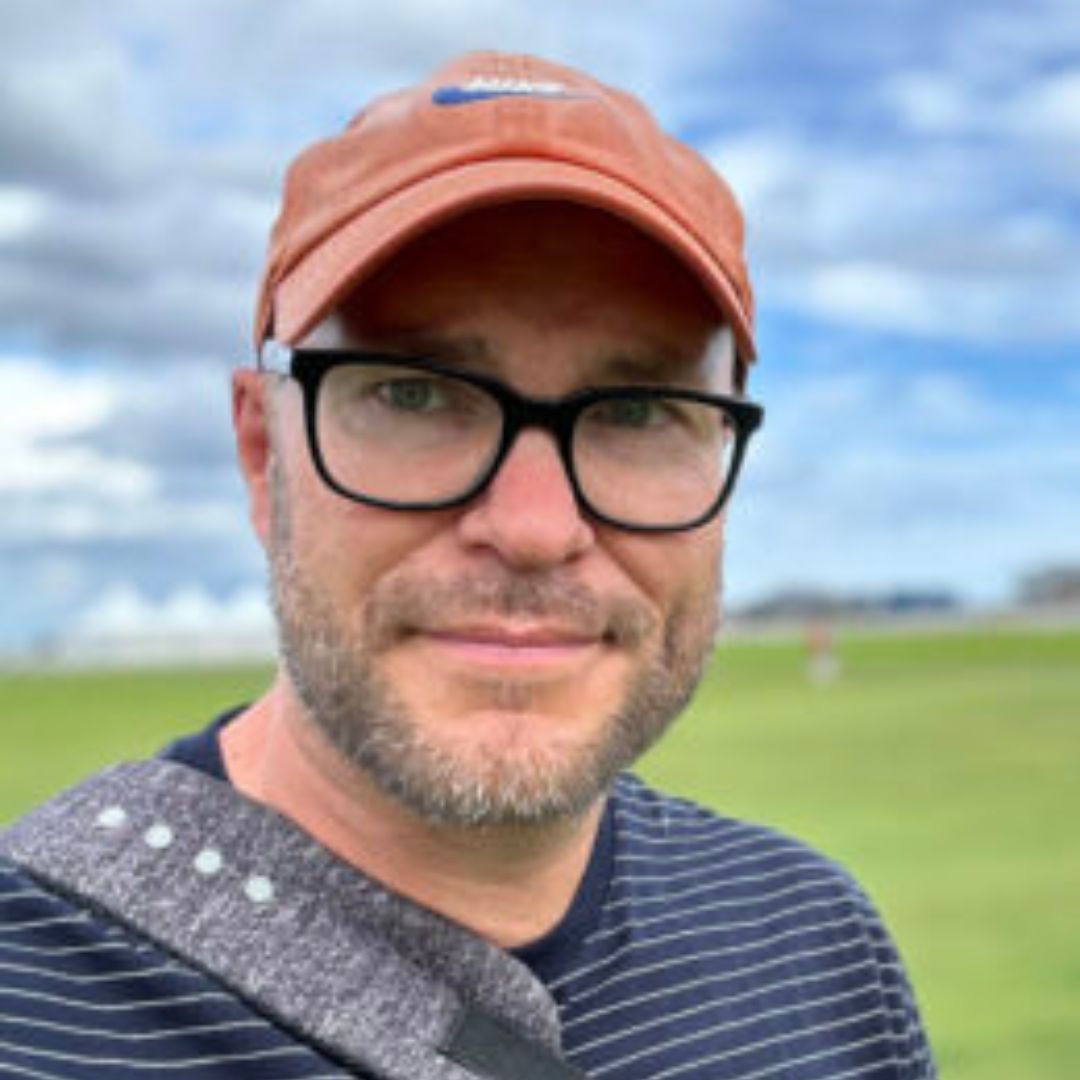
BRYAN
VERSTEEG
Presenter Bio:
Bryan Versteeg is a conceptual designer specializing in space exploration, settlement, and the infrastructure necessary to support humans away from Earth. With nearly 30 years in the design visualization industry, he has collaborated with numerous private space companies, documentaries, and publications worldwide, including National Geographic, Discovery Channel, and Warner Brothers. Bryan's visually stunning and technically informed designs help bridge the gap between theoretical concepts and practical implementation, making complex space habitat and infrastructure ideas accessible to both specialists and the general public.
Session Title:
Virtual Simulations of Analog Missions
Session Description:
This presentation explores the gamification of tasks for analog missions within a virtual simulator environment. Bryan will showcase the software he is developing to simulate activities on Mars, with particular focus on incorporating analog missions into the platform for activity planning. Attendees will discover how virtual simulations can enhance mission preparation, allow for testing of procedures and equipment in a cost-effective virtual environment, and create opportunities for broader participation in analog mission development. The session demonstrates how virtual tools can complement physical analog simulations, allowing for more comprehensive pre-mission planning and post-mission analysis while expanding public engagement with space exploration concepts.
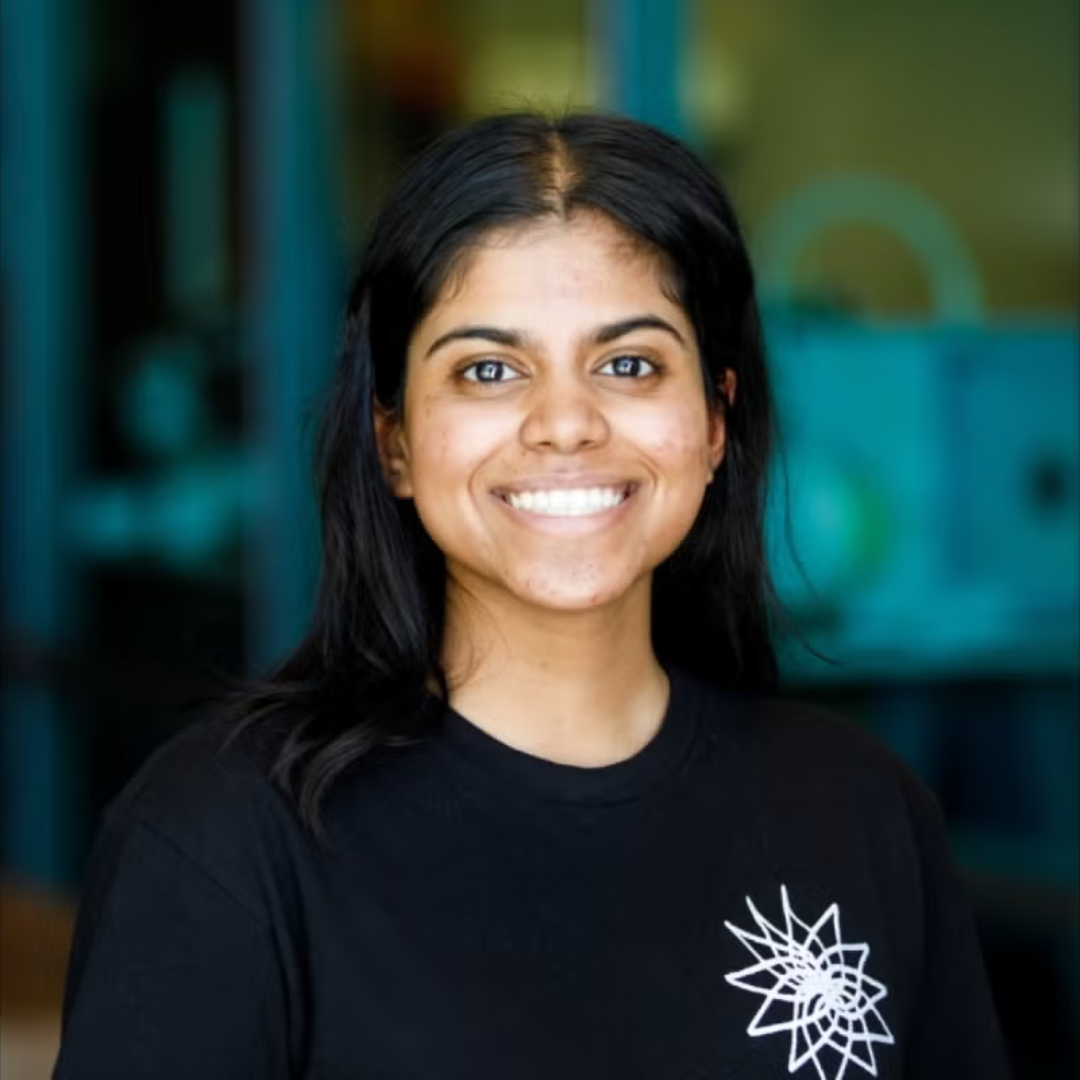
TASHA
COELHO
Presenter Bio:
Tasha Coelho brings cutting-edge Mars exploration expertise as a Mastcam-Z Mars 2020/Perseverance Rover Team Member with the Jim Bell Research Group at Arizona State University. She also serves as a team member for the Space Analog for Moon and Mars (SAM). Tasha's direct involvement with Mars rover camera systems gives her unique insight into the latest discoveries on the Red Planet and their implications for future human exploration, making her an invaluable bridge between current robotic missions and planning for human presence on Mars.
Session Title:
A 2025 Update on Mars Exploration
Session Description:
This comprehensive presentation covers recent major discoveries and findings regarding Mars and their implications for human exploration. Drawing on her experience with Mastcam-Z (the camera system on Curiosity and Perseverance rovers), Tasha provides insider perspective on the incredible geological story Perseverance is revealing as it leaves the delta and ventures away from the crater rim. The session includes updates on fascinating discoveries like the debated astrobiological origin of "leopard spots" found last year and insights from the pure sulfur crystals recently identified by Curiosity. Tasha will also summarize NASA's recently published "2024-2044 Mars Exploration" document that outlines research and development priorities for the next two decades, giving attendees a clear picture of both current knowledge and future exploration directions for the Red Planet.
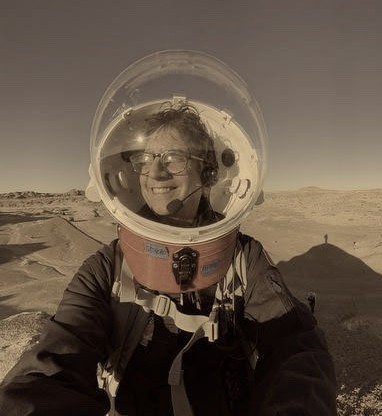
Scott
Beibin
Presenter Bio:
Scott Beibin is an inventor, self-taught engineer, science-artist, creator of open source liberation eco-technologies and community builder within the sciences, arts and activist movements. He is driven by a thirst for knowledge and enthralled by multiple domains of rational thought and scientific exploration. He believes in making discovery and learning fun and accessible for all. Scott is a founder of Offworld Voyage and co-designer of the M.A.R.S. Tesseract-1 research facility - both designed to simultaneously promote space exploration and protection of the environment on Earth. He is an alumni of the Mars Desert Research Station and a co-founder of The Journal for Space Analog Research (a project of The Mars Society). He has created and launched many projects including Mandelbot Ecotech, Music on Mars, Groucho Fractal, AncientScan, Ptelepathetique, Evil Twin Booking Agency, Lost Film Fest, Bloodlink Records and others. He is a vegan since 1990 and a social/environmental activist.
Session Title:
Designing the M.A.R.S. Tesseract-1 habitat: An ecologically sustainable and all-vegan astronaut training facility for space settlement simulations.
Session Description:
Offworld.Voyage is focused on the design and development of modular, ecologically sustainable, self-contained and easy to deploy space analog research habitats - as well as living systems intended for use in live immersive simulation missions that solve for both interplanetary exploration as well as adaptation to the extremes of a rapidly changing biosphere on Earth. Currently Offworld.Voyage is in development of the M.A.R.S. Tesseract series of modular space habitat prototypes consisting interconnected structures and systems designed forMars surface analog simulations while having minimal impact on the ecosystems in which they are deployed. Offworld.Voyage missions will conduct research including proving out sustainable approaches to plant, fungi and algae based food production, minimizing water consumption, reclaiming organic waste into resources and relying on off-grid and autonomous power production. One of the key sustainability focused programs currently in development are exercises in extreme reduction of resource consumption and creative on-site repair and recycling of all materials. Additionally Offworld Voyage is developing protocols for decentralized and horizontal decision making during simulation missions in additon to incorporating open source decentralized communications and coordination tools. The inaugural prototyping mission for the Offworld.Voyage M.A.R.S. Tesseract 1 and 2 facilities is scheduled to occur in an isolated and remote desert location in late 2025 during the inaugural Worlds Biggest Analog. The project is co-founded by Mars Desert Research Station alumni, Scott Beibin and Elizabeth Jane Cole who will be making the presentation. Woven into the talk will be insights about how immersive Mars surface simulations can teach not only about space exploration, but also provide a framework for curious explorers from diverse disciplines and backgrounds to tackle our shared global challenges on Earth.
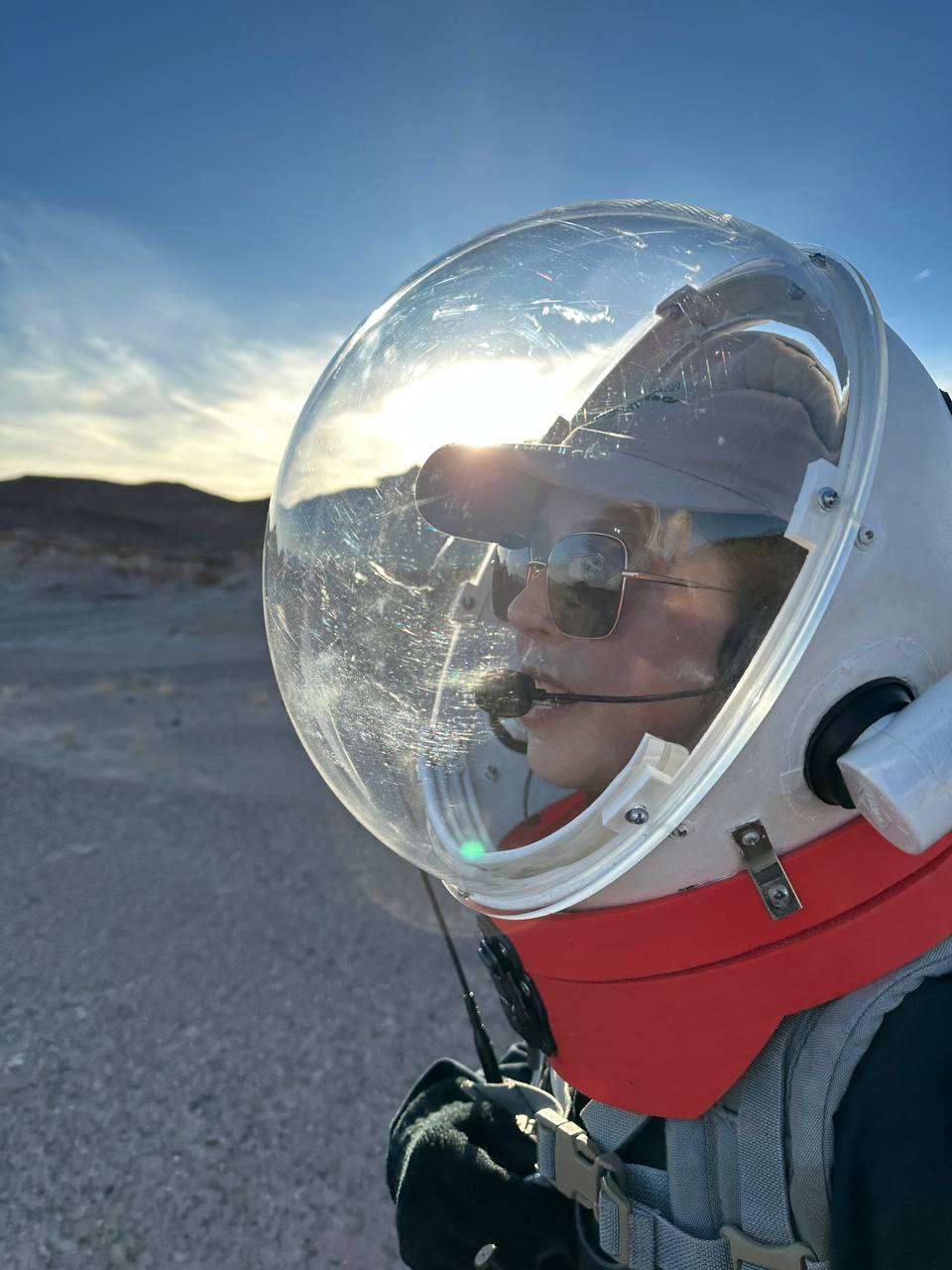
Elizabeth Jane
cole
Presenter Bio:
Elizabeth Jane Cole is a co founder of Evil Twin Booking Agency, a speakers agency dedicated to advancing new ideas while transforming culture.
She and Scott Beibin started the agency as a culture jamming project that challenged institutions of power by bringing emerging ideas from science, journalism and environmental activism into the broader culture. While running the company she has been privileged to regularly be able to put her writing, editing and research skills to good use while working on projects and campaigns that interest her. She has helped develop the concept, story and strategy for projects that promote rational thought, access to information, and intelligent debate as well as independent critical thinking. She has had the honor of working with Boots Riley, Nadya Tolokonnikova (creator of Pussy Riot), Glenn Greenwald, Vandana Shiva, The Yes Men, Edward Snowden, and many other thinkers, creators and do-ers across mediums and contexts. Currently she is the director of research for Offworld.Voyage. She is an alumna of the Mars Desert Research Station (MDRS Crew 286) and a co founder of the Journal for Space Analog Research (JSAR). In the past she has enjoyed writing for Wired Magazine. She has also written and produced an episode for NPR's Love and Radio Podcast.
Session Title:
Designing the M.A.R.S. Tesseract-1 habitat: An ecologically sustainable and all-vegan astronaut training facility for space settlement simulations.
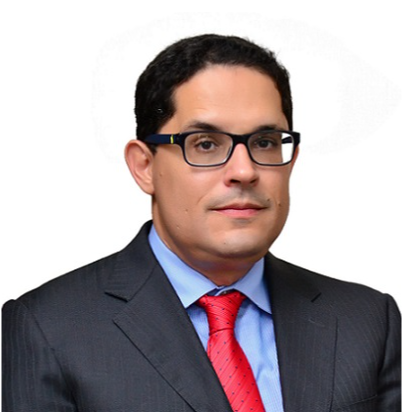
Julio
Rezende
Presenter Bio:
Julio Rezende is CEO of space analog station Habitat Marte, participated in more than 200 space analog mission, astronaut trainer, writer, UFRN professor, researcher on sustainability and space and director of the Federal Council of Administration – CFA.
Session Title:
Cosmic vision from space analog missions: application for professional careers
Session Description:
The lecture will explore topics from the experience based in the Habitat Marte space analog station operating in the Brazilian semi-arid region, englobing more than 200 protocols. Some topics of the presentation are: our intriguing interest for space; Trajectories before the mission: balancing patience and action; Planning and imagination; Intravehicular Activities (IVA): mental health, protocols and focus in soft skills, creativity, space art and integration with native traditions; Extravehicular Activities (EVA): connecting nature, cosmos (Overview Effect), culture and spacesuits; Mission as a moment of self-development and Astronaut’s competencies: applications for professional careers. This presentation is a search to answer how to manage mental health and create a cosmic vision.
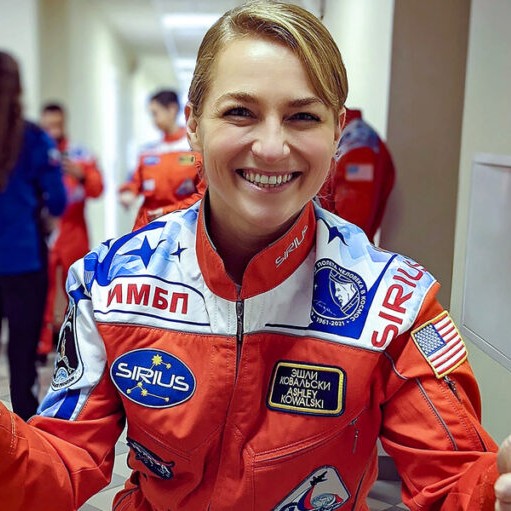
Ashley
Kowalski
Presenter Bio:
Ashley Kowalski is a systems engineer at The Aerospace Corporation, where she contributes to advancing space missions through innovative engineering and cross-disciplinary collaboration. With a passion for driving complex technical solutions and a background in mechanical and aerospace engineering, Ashley plays a critical role in shaping the future of national security space systems.
She has been recognized for her ability to translate strategic objectives into executable technical roadmaps, and she frequently collaborates with government partners to ensure mission success from concept through launch. Ashley’s work spans across mission architecture development, systems analysis, and technical integration, supporting both established and emerging space programs.
Beyond her technical expertise, Ashley is a vocal advocate for STEM outreach and women in engineering, mentoring early-career professionals and volunteering her time to inspire the next generation of scientists and engineers.
Session Title:
Practicing for Mars: An Analog on ISS and a Ground Facility
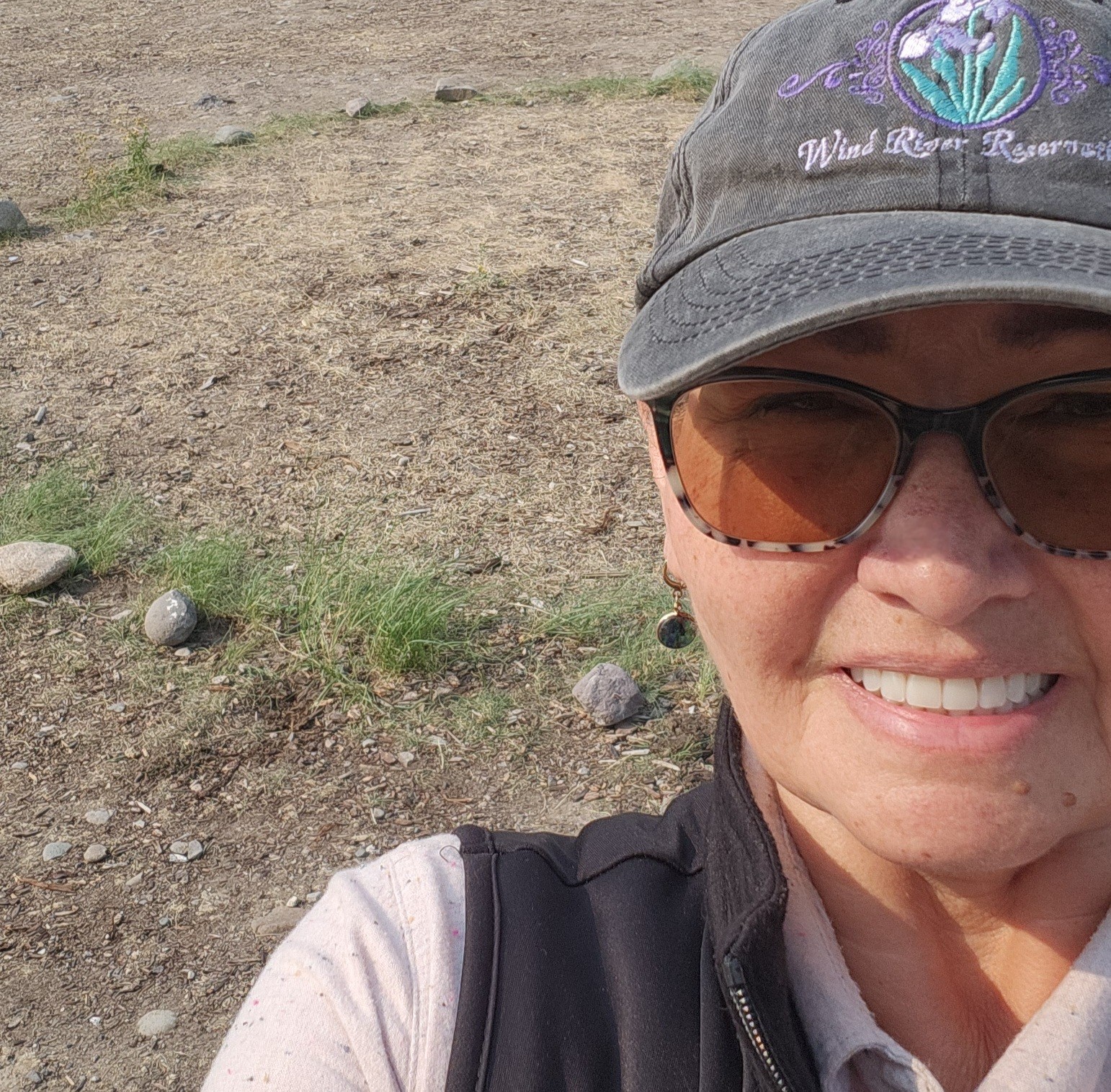
Dr Ren
Freeman
Presenter Bio:
Dr. Ren Freeman, Eastern Shoshone, is an Indigenous 4-Fielded Anthropologist and I-STEM scientist with a diverse academic and global professional background. Her primary research spans the intersections of Indigenous Knowledge Systems (IKS) and Indigenous Traditional Ecology Knowledges (ITEK) and Remote Sensing and GIS Technologies. She has a Bachelor's degree in Inter/Cross-Cultural Communication (DU), a Master's in Anthropology (OU), and a PhD in Cultural Heritage and Applied Anthropology (UM). Dr. Freeman has extensive experience in Environmental Policy and Natural Resources Management with an emphasis in Conflict Resolution. She is an educator who works with diverse topics, and weaves awareness of Indigenous Research Methodologies and Methods (her model is “IRM2”) within research design and practice. She is currently the Director, Research Coordinator, and Co-PI of the Indigenous Research Center (IRC) located at Salish Kootenai College.
Session Title:
Understanding Indigenous Ways of Knowing, Being, and Doing through the Lens of Analog Design
Session Description:
Continuing themes from our session in 2024, we recognize that outer space is a shared ancestral environment of unbounded cultural value to humanity. Therefore, how we simulate, model, and design our future activities on other celestial bodies through astronaut analogs is becoming an exciting area of shared invocation and critical reflection on how we approach our research and design processes. To address questions of sustainability, translationality, and relational ethics and to broaden analog perspectives and practices, this interactive session presents the principles of Indigenous Research Methodologies and Methods (IRM&M) and shares the connections between these perspectives and human spaceflight research. Specifically, the talk will go through the “8 R’s” of Indigenous research methodologies, and provide opportunity for open discussion on where they occur in participants’ work and life, leading to a conclusion on how both Western and Indigenous scientific perspectives can be interwoven in ways that create more respectful, reciprocal, and regenerative human spaceflight futures– and those for our own planet.
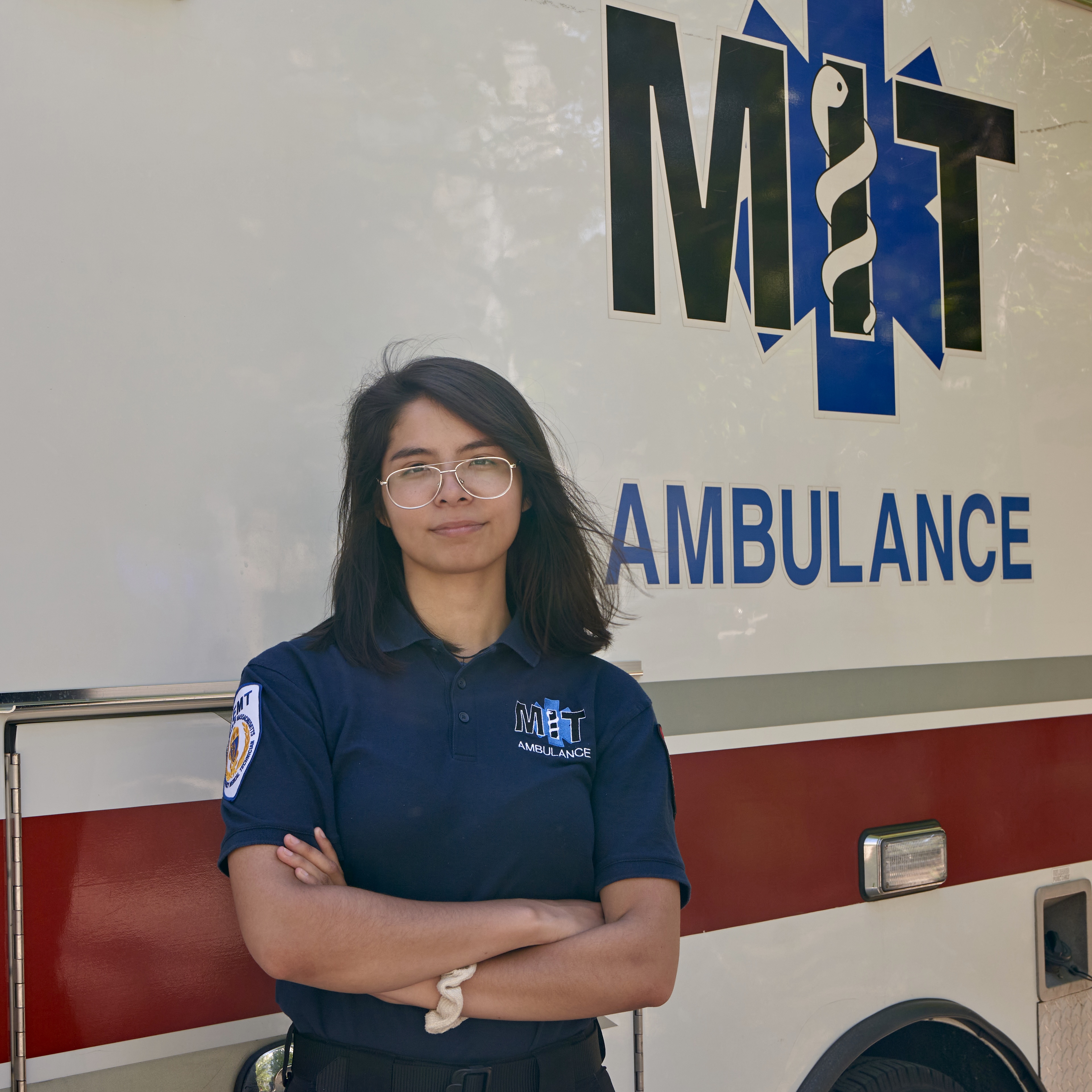
Nicole
McGaa
Presenter Bio:
Nicole McGaa is a first-year graduate student in the MIT Department of Aeronautics and Astronautics, whose research centers on the adaptations of human physiology in space. She received her BS from MIT in Aerospace Engineering and is a ’22 Brooke Owens Fellow. Her research has included projects in space medical countermeasure and spacesuit design as well as vestibular changes in altered gravity. Currently, Nicole aims to investigate hemodynamic and ocular changes caused by microgravity-induced fluid shifts and circadian disruptions. Throughout her current and future career, Nicole seeks to ensure her work with space medicine and countermeasures is translationally relevant and respectful on- and off-Earth. Nicole is an enrolled citizen of the Oglala Lakota nation; outside of research, she volunteers with MIT EMS as an EMT and is a member of MIT First Nations Launch.
Session Title:
Understanding Indigenous Ways of Knowing, Being, and Doing through the Lens of Analog Design
Session Description:
Continuing themes from our session in 2024, we recognize that outer space is a shared ancestral environment of unbounded cultural value to humanity. Therefore, how we simulate, model, and design our future activities on other celestial bodies through astronaut analogs is becoming an exciting area of shared invocation and critical reflection on how we approach our research and design processes. To address questions of sustainability, translationality, and relational ethics and to broaden analog perspectives and practices, this interactive session presents the principles of Indigenous Research Methodologies and Methods (IRM&M) and shares the connections between these perspectives and human spaceflight research. Specifically, the talk will go through the “8 R’s” of Indigenous research methodologies, and provide opportunity for open discussion on where they occur in participants’ work and life, leading to a conclusion on how both Western and Indigenous scientific perspectives can be interwoven in ways that create more respectful, reciprocal, and regenerative human spaceflight futures– and those for our own planet.
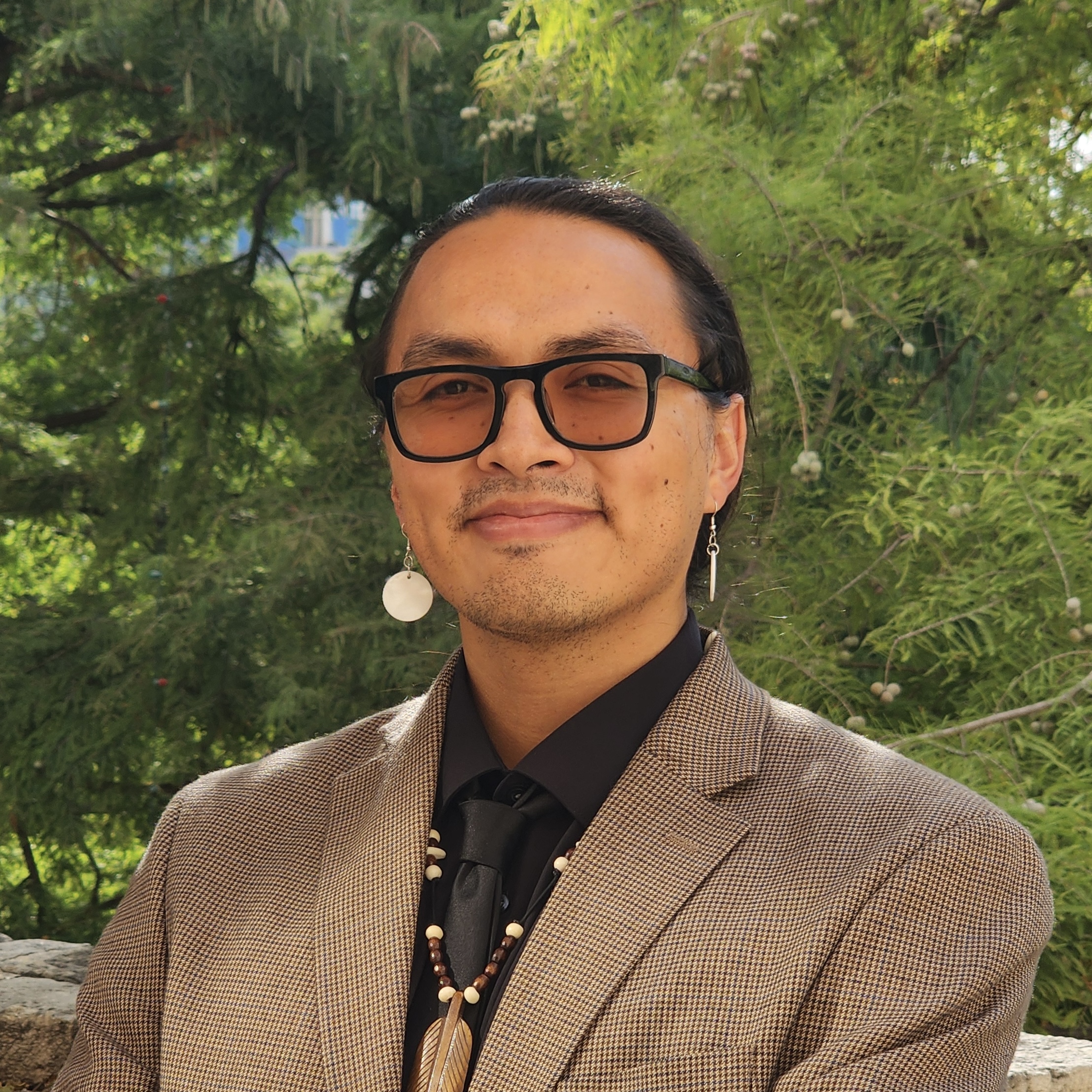
Dr. Alvin
Harvey
Presenter Bio:
Dr. Alvin Harvey, Diné (Navajo Nation), is a postdoctoral fellow in the Massachusetts Institute of Technology (MIT) Media Lab and Department of Aeronautics and Astronautics. He received his SM from MIT in aerospace engineering where his research focused on bioastronautics and space physiology. His PhD work centered Indigenous Research Methodologies and Methods in space systems design. His current research centers Indigenous relationality and systems theory as a core structure of developing partnerships, complex systems, and translational space technologies. As a postdoctoral fellow in the MIT Space Enabled Group his work concentrates on understanding how satellite technology can support Indigenous decision makers.
Session Title:
Understanding Indigenous Ways of Knowing, Being, and Doing through the Lens of Analog Design
Session Description:
Continuing themes from our session in 2024, we recognize that outer space is a shared ancestral environment of unbounded cultural value to humanity. Therefore, how we simulate, model, and design our future activities on other celestial bodies through astronaut analogs is becoming an exciting area of shared invocation and critical reflection on how we approach our research and design processes. To address questions of sustainability, translationality, and relational ethics and to broaden analog perspectives and practices, this interactive session presents the principles of Indigenous Research Methodologies and Methods (IRM&M) and shares the connections between these perspectives and human spaceflight research. Specifically, the talk will go through the “8 R’s” of Indigenous research methodologies, and provide opportunity for open discussion on where they occur in participants’ work and life, leading to a conclusion on how both Western and Indigenous scientific perspectives can be interwoven in ways that create more respectful, reciprocal, and regenerative human spaceflight futures– and those for our own planet.
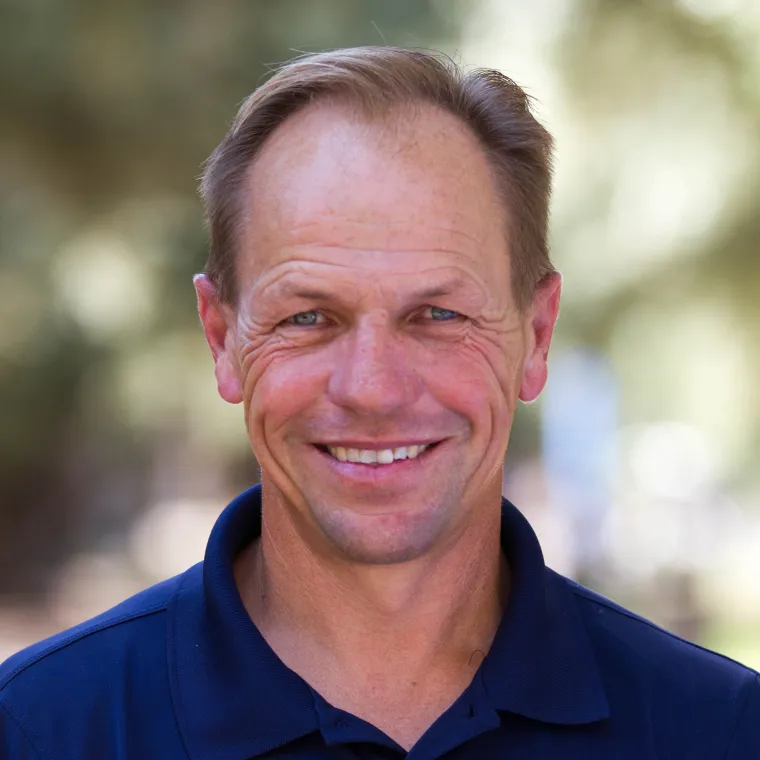
John
Adams
Presenter Bio:
For two decades, John Adams has helped drive the evolution of Biosphere 2 through positions of progressive responsibility and oversight. Starting in 1995, after receiving his BS in Wildlife and Fishery Science at the University of Arizona and working on various biology research initiatives in Southern Arizona, Adams became Senior Research Specialist at Biosphere 2, leading the terrestrial research initiatives exploring the effect of elevated CO2 on the complex mesocosms of Biosphere 2. Building on his deep knowledge of the facility and its science, Adams became Biosphere 2’s Media Coordinator and Public Spokesperson at Columbia University in 1999, fielding B2 inquiries from around the world, building public understanding of the University’s groundbreaking earth systems science research and developing its K-12 education programs. In 2014, Adams advanced to his current leadership role of Biosphere 2 Deputy Director. In part, the promotion marked a return to his roots, engaging as a key member of the team that plans and directs all research and related activities inside Biosphere 2 and the surrounding campus. Beyond research, however, as Deputy Director Adams also holds responsibility for planning and direction of site operations and Under the Glass activities, serving as B2’s primary spokesperson and media contact, overseeing biome management, energy management and facilities maintenance and setting the vision for public outreach.
Session Title:
Introduction to Biosphere 2 and Update on SAM
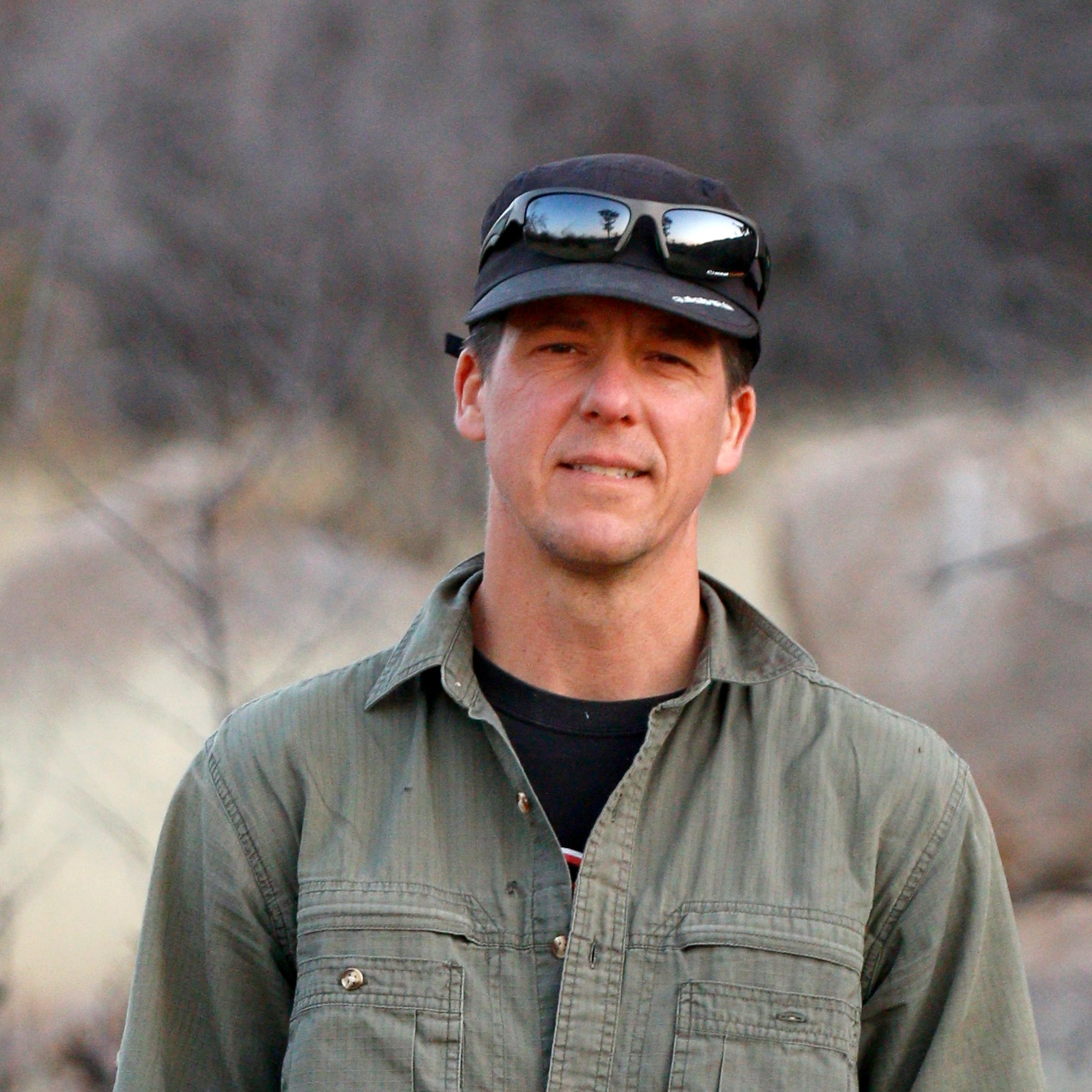
Kai
Staats
Presenter Bio:
Kai Staats, MSc is an entrepreneur, award winning filmmaker, and researcher in the space sciences. At Northwestern University Kai worked in machine learning applied to data analysis at LIGO, the gravitational wave observatory. At Arizona State University, School of Earth and Space Exploration Kai developed SIMOC, an agent-based model with educational interface for a human habit on Mars, hosted by National Geographic since 2020. At the University of Arizona Biosphere 2, Kai's team is constructing a Space Analog for the Moon and Mars (SAM), a hi-fidelity, hermetically sealed analog complete with greenhouse, living quarters, airlocks, use of pressure suits, and a half acre Mars yard. Kai attended the Mars Desert Research station with crew #134 in '14, attended the International Space University SSP '17, and in 2019 he completed construction of Tanzania's first research-grade astronomical observatory with Astronomers Without Borders.
Session Title:
Introduction to Biosphere 2 and Update on SAM
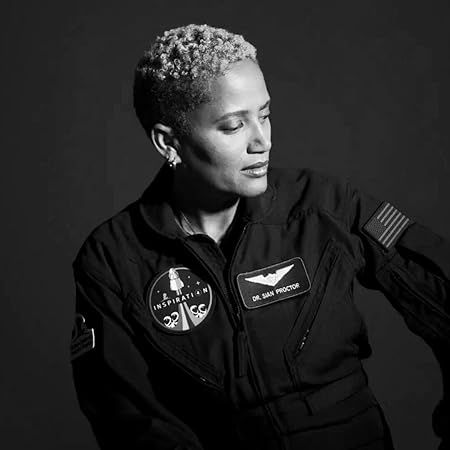
Dr. Sian
Proctor
Presenter Bio:
Dr. Sian Proctor is a geoscientist, educator, artist, and commercial astronaut who became the first African American woman to pilot a spacecraft during the historic all-civilian Inspiration4 mission in 2021. With a Ph.D. in science education, she teaches geology and sustainability and has participated in several NASA-funded analog space missions. A passionate advocate for diversity in STEM, Dr. Proctor blends science with art and afrofuturism to inspire future generations.
Session Title:
Practicing for Mars: An Analog on ISS and a Ground Facility
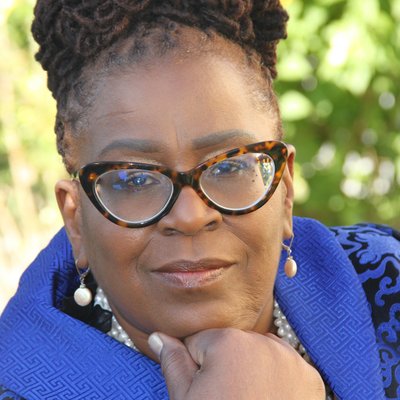
Dr. Claire
Nelson
Presenter Bio:
A Futurist, Sustainability Engineer and StoryTeller LEADERSHIP: Convenor - Space Futures Forum; Co-Founder, Caribbean Space Society; Architect, Omni-Africa Space Exploration Analog Simulation (OASEAS) Initiative; SPEAKING: Rapporteur, UNOOSA 2018; ASCEND Diverse Dozen Honoree 2023; NSS, 2023; Speaker, AAC 2022 & 2023; Speaker, Saudi Space Agency Space Debris Conference 2024; Performer/Writer, Moon Runnings - A One Woman Storytelling Show on Life on the Moon. TRAINING: Doctorate in Engineering Management (GWU); Space Leadership Executive Certificate, ASU Thunderbird, 2023
Session Title:
MOONSHOT OASEAS: How Frugal is Driving the First African Analog Space Research Center Start-Up
Session Description:
This presentation will share how audacious start-up OASEAS (Omni Africa Space Exploration Analog Simulation) is leveraging frugal design, engineering and innovation to enable citizen scientists in emerging space countries across Africa to engage in analog space research. The Chalbi Desert, Marsabit, Kenya, facility is preparing to specialize in First Landing Missions and Habitat Set-up and Engineering Systems research; and aims to participate as an Independent Habitat in the World's Biggest Analog, testing design of an Integrated Automated Solar Powered Climate Monitoring System with Dust Removal Device. Our speaker will share the vision and opportunities that arise from the challenge of creating a world-class off-grid research facility that can drive collaboration, innovation and inclusion in the global space community. Come hear why 'The Road to Mars runs through Marsabit'. Join the Mission. Shape the Future. Kwa Nyota (to the stars)!
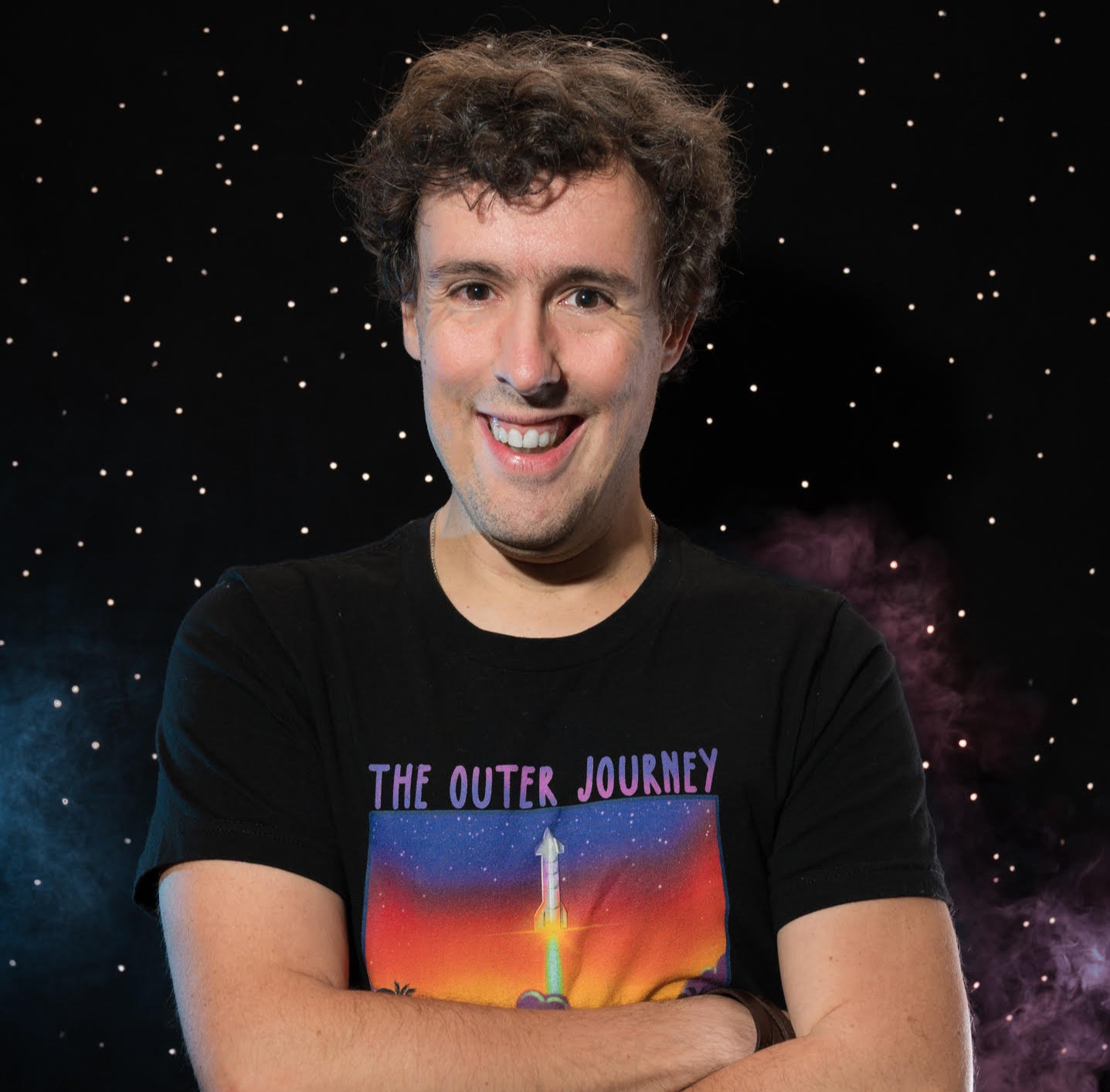
Thorsten
Eschweiler
Presenter Bio:
Thorsten is an exuberant explorer and PADI Instructor, committed to advancing Mars exploration as one of the founders of the Mars Technology Institute and a Mars Society ambassador. He is an analog astronaut candidate for the World’s Biggest Analog in 2025 and a member of The Inspired 24 and I24 Innovation. An alumnus of SpaceKind 11, Thorsten is deeply invested in becoming an inspired multiplanetary pathfinder. Beyond a strong interest in human factors in space operations, he displays an intrinsic drive for remote sensing, planetary science, and exploring terrestrial and extraterrestrial environments, curiously looking beyond the horizon and delving into the unknown. From ocean depths to Martian heights, he aims to make life multiplanetary and enhance cognitive resilience for interplanetary travel. Thorsten strives to revive our innate spirit of enthusiasm and exploration, ultimately transforming humanity into a better and advanced tomorrow.
Holding a Bachelor of Science in Geosciences and a Certificate of International Competence from the University of Bonn, Germany, Thorsten also earned graduate certificates in “Mars Settlement and Exploration” from the nascent Mars University (MarsU) and “Mars Science and Engineering” through a collaboration between MarsU, International Space University, and Instituto Superior Técnico Engineering. Furthermore, he completed Spacesuit Training Level I at Biosphere 2 (CHaSE).
He analyzes space and planetary science projects datasets on the world´s largest platform for people-powered research Zooniverse, with nearly a million classifications. His contributions include assisting in the recovery of a known trans-Neptunian object for the Catalina Outer Solar System Survey, and classifying and identifying glitch varieties for the Gravity Spy Project to aid machine learning for the gravitational wave observatory LIGO. His efforts also led to the discovery of multiple active asteroids, a new planetary system with TESS, and an object of interest for the Backyard Worlds: Cool Neighbors project. He co-authored “TOI-4562 b: A highly eccentric temperate Jupiter analog orbiting a young field star” and penned two papers about the “Evolution of Martian Exploration” and “Evolution of Space Exploration.”
One of his current projects involves implementing the innovative Randomized Audio-Visual Entrainment Technology (RAVE) into extraterrestrial environments to boost human factors in analog missions and beyond. In 2023 and 2024, he presented RAVE's potential in space and received a Certificate of Achievement in Audio-Visual Entrainment and Cranio-Electro Stimulation Neurotechnology from Mind Alive Inc.
After a one-year Working Holiday and International Experience Canada, he dedicated himself to exploring nature and marine environments, volunteering for nature conservation projects in the Dutch Caribbean and Iceland. In 2023, he interned for a marine science, research, education, and conservation diving project in Koh Phangan, Thailand, followed by participation in a reef restoration and diving project in Bali. He aims at bridging sustainability and reusability with extraterrestrial exploration.
Thorsten witnessed his first rocket launch with Artemis I and aspires to become an analog astronaut with the ultimate goal of flying into space. He believes venturing into space will create a more peaceful and sustainable planet. Lastly, he advocates for blockchain technology to help accelerate the transition toward a better future.
Session Title:
Echoes of the Heart: RAVE as a Frontier for Heart Rate Variability Optimization in Analog Missions
Session Description:
In high-stress and high-stakes conditions of analog missions, where participants face similar challenges as in space, the need for maintaining psychological and physiological health becomes paramount. Heart Rate Variability (HRV) is a measure of the variation in time between each heartbeat and a key biomarker for autonomic nervous system balance and resilience to stress. HRV improves heart health and heart rate blood pressure, which are vital for survival and well-being. Along with heart function, HRV is regulated through the brain stem. HRV indicates mortality and adrenal insufficiency; stress (negative distress) and the autonomous nervous system affect HRV.
This presentation introduces the unique intervention of Randomized Audio-Visual Entrainment (RAVE) for enhancing HRV among participants in isolated, confined, and extreme (ICE) environments. RAVE incorporates the innovative method of sonic and photic driving to entrain brain activity and autonomic responses, thereby improving HRV and overall well-being. Due to its DAR (dissociation and restabilization) aspect, entrainment dramatically improves HRV outcomes and has a tendency to achieve HRV results profoundly and fast.
RAVE has the vast potential to improve psychological and physiological factors. The implications of these findings extend to analog missions and beyond, offering insights into managing astronaut health in space travel and other extreme conditions. The DAVID Premier is one of the most advanced brain stimulation devices available. It has been built upon the legacy and a plethora of experiences from the DAVID Delight series and its predecessors by the renowned company Mind Alive Inc. The unmatched functionality, flexibility, versatility, portability, and reliability of the DAVID Premier allow for ease of travel and storage, making it an excellent fit for integration in analog settings and ICE environments with subsequent research.
The implications of this research not only enhance our understanding of HRV as a critical health parameter but also showcase the powerful applications of RAVE in supporting astronaut health in both analog and spaceflight missions. By optimizing mental states through precise entrainment techniques, this project paves the way for future explorations into sustained human performance in extreme conditions. HRV and the unparalleled interaction with RAVE are a paramount piece of a larger puzzle for sustainable and effective Space Healthcare for humanity´s transformation into a spacefaring civilization.
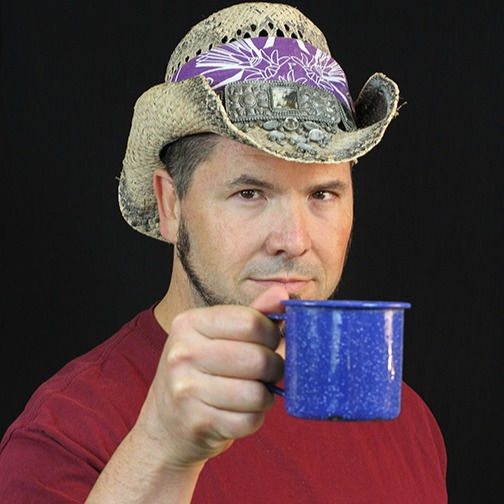
Dan
Novy
Presenter Bio:
Dan Novy, also known as NovySan, is an Assistant Professor of Emerging Media Arts at the University of Nebraska-Lincoln and a Research Affiliate at the MIT Media Lab. With a focus on transforming passive media consumption into interactive and socially immersive experiences, NovySan's expertise spans across diverse fields. As a former Emmy- and Visual Effects Society Award-winning VFX technical supervisor, NovySan chaired the Visual Effects Society's Technology Committee and ventured into transmedia production, pushing the boundaries of mediated experiences. At MIT, NovySan's pioneering work includes developing next-generation displays for his master's thesis and creating Programmable Synthetic Hallucinations for his PhD, utilizing brain mechanics to display virtual information. Engaged in space exploration since his involvement with the Media Lab's Space Exploration Initiative, NovySan co-designed and executed the inaugural Beyond The Cradle conference. He expanded his exploratory reach into deep-ocean realms with the Open Ocean Initiative and ongoing collaboration with the Ocean Discovery League as a research scientist and immersive data visualization imagineer.
Session Title:
Zero-G-Ames
Session Description:
Games are a uniquely human endeavour, reducing stress and supporting mental well-being. Astronauts aboard the ISS have created their own games using materials at hand and pure creativity. What if we could create games for them that took particular advantage of aspects of space, such as micro-gravity, and would help keep astronauts mentally engaged, socially connected, and physically relaxed? Zero-G-ames is an ongoing series of workshops to explore, discuss, and design the history and future of games in constrained spaces and microgravity environments.
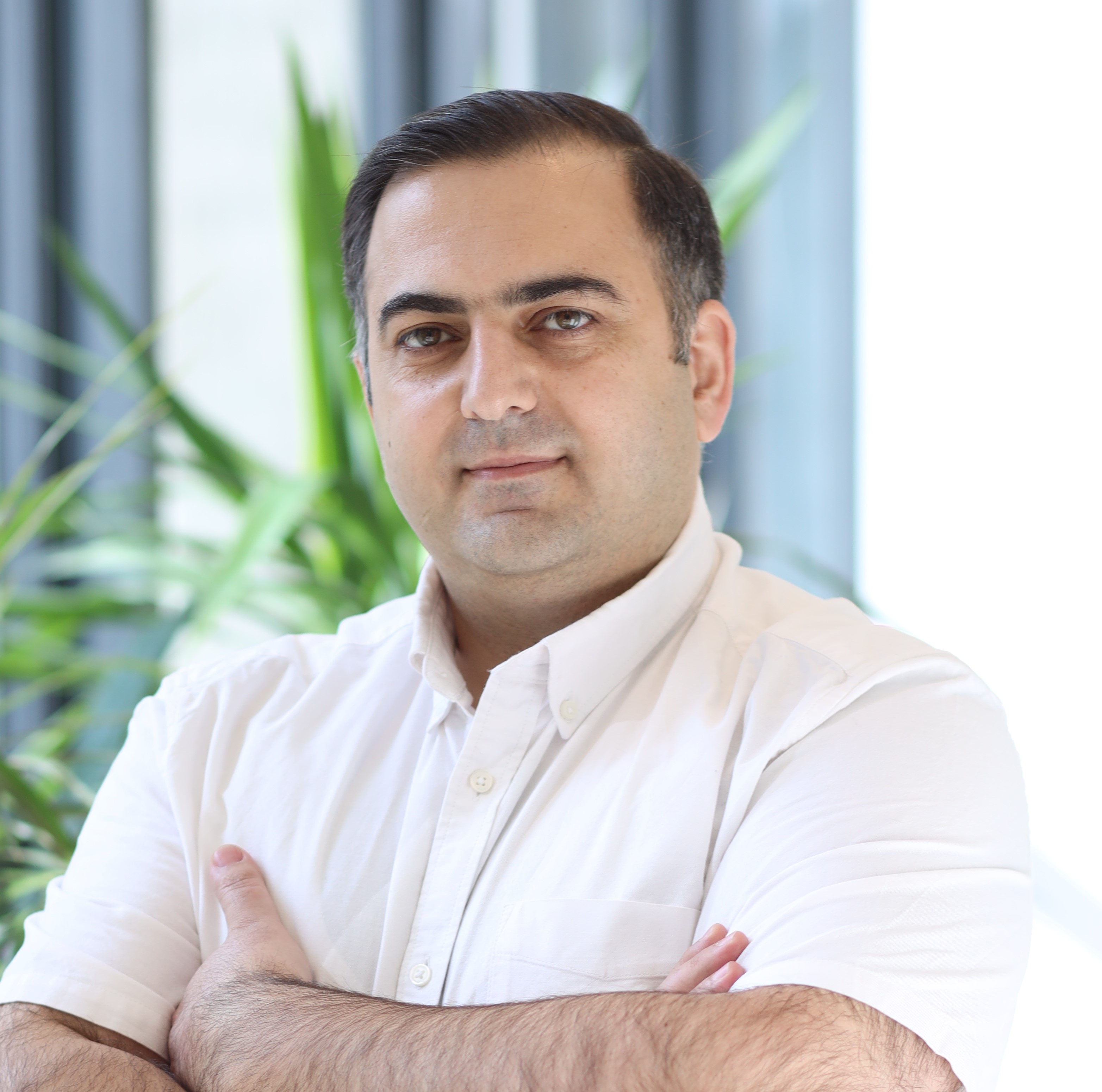
Hayk
Aslanyan
Presenter Bio:
Hayk Aslanyan is an experienced space industry professional with over 17 years of expertise in space missions, digital transformation, software development, and leadership roles within the space sector. He is the founder of the Armenian Space Forum and the Armash Mars Analog Research Station, established in November 2021. As a co-author of the Armenian Space Strategy, Hayk initiated and implemented Armenia’s first satellite program, ArmSat-1. His work focuses on developing space research centers, leading space missions, and promoting Armenia’s role in global space exploration.
Session Title:
Back to Mars After 55 Years: From PrOP-M to AMADEE-24 and the Road to WBA
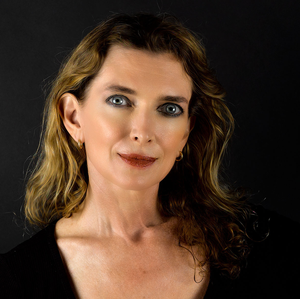
Vanessa
Valore
Presenter Bio:
Vanessa Valore is an entrepreneur, inventor, and CEO of SandboxLife®, a tech company blending neuroscience, gamification, and AI to enhance personal growth and behavioral insight. She also leads Valore Ventures and co-founded Diverse Vitality. Her visual work Lunar Swan was featured on a metal plate placed in the Smithsonian Air and Space Museum in 2020. With a background in design, tech, and behavioral science, Vanessa has worked with major brands like Comcast and Live Nation, served in leadership roles in national housing and healthcare organizations, and held advisory positions for Astronomy for Equity and the Human Space Program
Session Title:
Sandbox Session
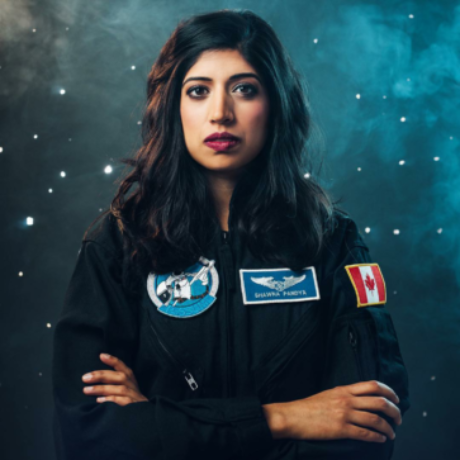
Dr. Shawna
Pandya
Presenter Bio:
Dr. Shawna Pandya is a physician, scientist-astronaut candidate, aquanaut, and innovator at the intersection of space, medicine, and technology. As Director of the IIAS/PoSSUM Space Medicine Group and VP of Immersive Medicine at Luxsonic Technologies, she pioneers advances in extreme environment medicine and VR healthcare. With training in neuroscience, space studies, and medicine, Dr. Pandya has flown over 100 microgravity parabolas, tested commercial spacesuits in zero-G, and served with NASA and the European Space Agency. She’s also a martial artist, skydiver, diver, pilot-in-training, and a passionate speaker on resilience, exploration, and pushing human limits.
Session Title:
Practicing for Mars: An Analog on ISS and a Ground Facility
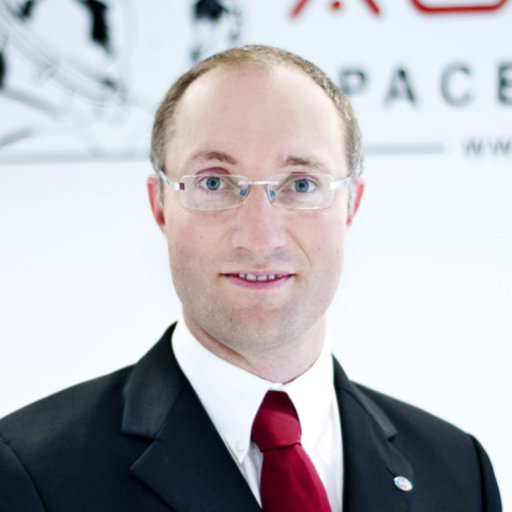
Dr Gernot
Groemer
Presenter Bio:
Dr. Gernot Grömer is an Austrian astrophysicist and the director of the Austrian Space Forum. A global leader in Mars analog research, he has led over a dozen simulated Mars missions and developed the Aouda.X spacesuit simulator. He is also a science communicator and host of the TV show P.M. Wissen.
Session Title:
The World's Biggest Analog
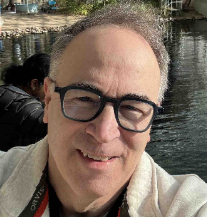
dR. dAVID
wEXLER
Presenter Bio:
Dr. Wexler is in his fortieth year working as an Ear, Nose and Throat surgeon. He had a broad clinical and research career, including training at the USAF School of Aerospace Medicine and primate research in sleep/circadian physiology. He also published in vestibular function testing and nasal airflow dynamics. He later trained in space radio physics and now is a team member of the Space Science Laboratory at UMASS Lowell. Dr. Wexler is currently working with NASA JSC to evaluate astronaut on-orbit hearing assessment data. He contributes to the SAM initiative to develop a medical-surgical bay for exploration class space missions.
Session Title:
Basics of wound care and suturing
Session Description:
This workshop will cover the basics of treating wounds, and provide a hands-introduction to wound suturing. Materials to practice with will be provided. It is intended as informational, one step of a future astronaut medical training process.
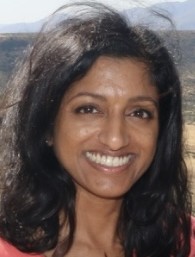
Dr. Bindhu
Oommen
Presenter Bio:
A practicing, board-certified general surgeon and lover of earth and space, I have been part of SAM’s working group since 2022. Currently, I enjoy working in two very different professional fields simultaneously, and my two professions have merged at SAM. With my experience as a surgeon and SAM’s research goals as it relates to research for long duration space exploration, I am part of a Space Surgery Working Group to develop a research-grade medical and surgical bay at SAM that will aid future exploration missions and have terrestrial applications.
Session Title:
Basics of wound care and suturing
Session Description:
This workshop will cover the basics of treating wounds, and provide a hands-introduction to wound suturing. Materials to practice with will be provided. It is intended as informational, one step of a future astronaut medical training process.
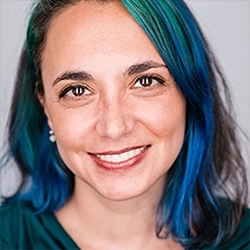
Dr. Tiffany
Vora
Presenter Bio:
In addition to working as a founder and co-founder, I am currently the Singularity Fellow in Biotechnology at Singularity University and a regular contributor to EY’s Executive Learning programs, both in the heart of Silicon Valley and around the world. I am also a Nonresident Senior Fellow at the GeoTech Center for the Atlantic Council. I amplify the impact of women leaders in STEMM through the Homeward Bound initiative and foster global conversations about humanity’s future with Humanity in Deep Space and Explore Mars, where I serve as a Board Member and VP of Innovation Partnerships. I am also an Industry Advisory Board Member at Lifespan.io, a nonprofit focusing on longer, healthier lives.
I am delighted to serve as an advisor and affiliate partner for the following innovative and sustainable brands: Astreas, a nutrient-packed luxury chocolate truffle for elite performers, Graphene-X, a high-performance, sustainable line of graphene-based clothing (use discount code tiffanyxgraphene). My North Star is preparing for a radically different future of life here on Earth (and elsewhere). That’s why I work to inspire leaders, organizations, governments, and others to tackle humanity’s grand challenges. I particularly focus on nurturing, amplifying, and connecting women and people of color around the world—because diversity drives creativity and innovation. After earning undergraduate degrees in Biology and Chemistry at New York University, I completed my PhD in the Department of Molecular Biology at Princeton University, where I worked in the emerging fields of genomics, systems biology, and computational biology. I later served as a Visiting Assistant Professor at the American University in Cairo, and as an Instructor for the Department of Bioengineering at Stanford University. My deep subject-matter expertise in biology and medicine encompasses fields as diverse as CRISPR, the microbiome, longevity, genetics, agriculture, climate change, space biology, biomimicry, and biohacking. Overall, I’m passionate about translating the leading edge of science and innovation into actionable insights for individuals, companies, and society. My in-person presentations, workshops, and videos through Singularity University, TEDx, and other global platforms have reached more than 150,000 people around the world. I’m thrilled to be supporting startups as well as well-established, international companies with innovation in biotechnology, health, food, and other verticals. I love playing music, scuba diving, hiking, writing, and exploring the world with my family.
Session Title:
Practicing for Mars: An Analog on ISS and a Ground Facility
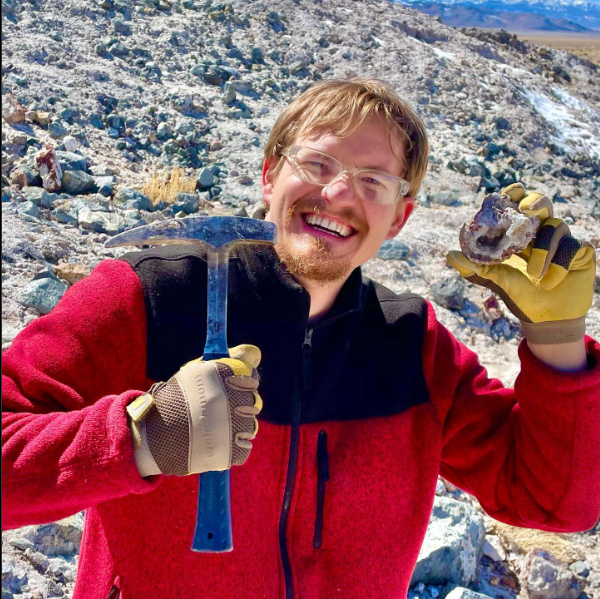
Cody
Reeder
Presenter Bio:
Cody Reeder is an educator, amateur scientist, mechanic, rancher and runs a popular YouTube channel with over 2 million subscribers featuring educational videos and vlogs spanning a wide range of topics, including chemistry, physics, astronomy, biology, metallurgy and geology, mining and gold panning, soil science and horticulture.
Cody was a finalist for the now defunct Mars One program and has been involved in the analog astronaut community since 2014. He is currently building a simulated Mars base in the Nevada desert.
Session Title:
Project ChickenHole
Session Description:
A presentation of what I've learned while building and living on a simulated mars base in the Nevada desert.
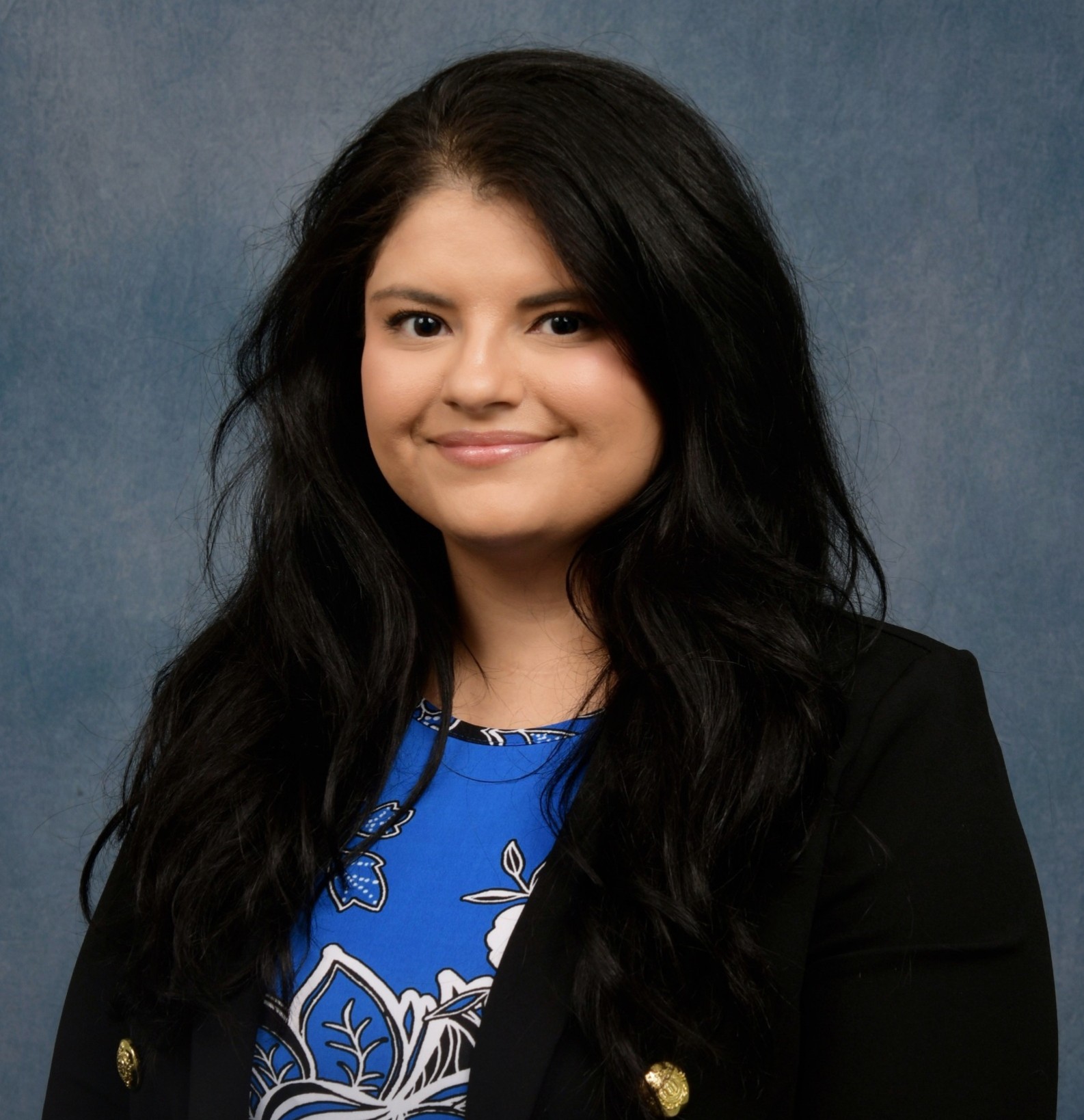
Andi
limon
Presenter Bio:
Andi Limon is the Director of Communications at AstroAccess, where she leads public relations, social media, website strategy, and creative design to advance disability inclusion in space exploration. Her personal mission is amplifying disabled voices in storytelling.
She holds a bachelor’s degree in Communication from the University of Connecticut and a master’s degree in Communications from Syracuse University. Previously, Andi worked in product marketing at Collins Aerospace and served as a global disability advocacy leader within RTX’s Abled and Disabled Associates Partnering Together (ADAPT) employee resource group.
As a deaf professional with cochlear implants, Andi brings lived experience to her accessibility advocacy, ensuring digital content meets accessibility standards and that narratives authentically reflect the diverse disability community. Her work champions the idea that the stories we tell shape the spaces we design.
Session Title:
Project AstroAccess
Session Description:
In this session, Andi will share accessibility insights from AstroAccess that can help improve analog astronaut training procedures and environmental design. AstroAccess is a non-profit dedicated to advancing disability inclusion in human spaceflight. AstroAccess has consulted on accessible space vehicle design with numerous major space companies, championing the experiences of disability experts to instigate industry-wide change. AstroAccess Ambassadors experience weightlessness, test microgravity accessibility tools, and investigate how physical environments onboard spacecraft can be designed in microgravity missions. By leveraging this firsthand expertise, AstroAccess is dedicated to not only advancing disability inclusion but also to pinpointing space architecture universal design solutions that benefit all people, building a better future on Earth and beyond it.
Select a Day Below to View the Detailed Agenda
🎟️ Get Your AAC 2026 Ticket at a Crazy Discount
🕒 This Deal Ends When AAC 2025 Does.
Secure your spot for next year right now at the lowest price it will ever be.
✅ No risk—full money-back guarantee through February 2026. 👇 Grab Your Ticket Now
